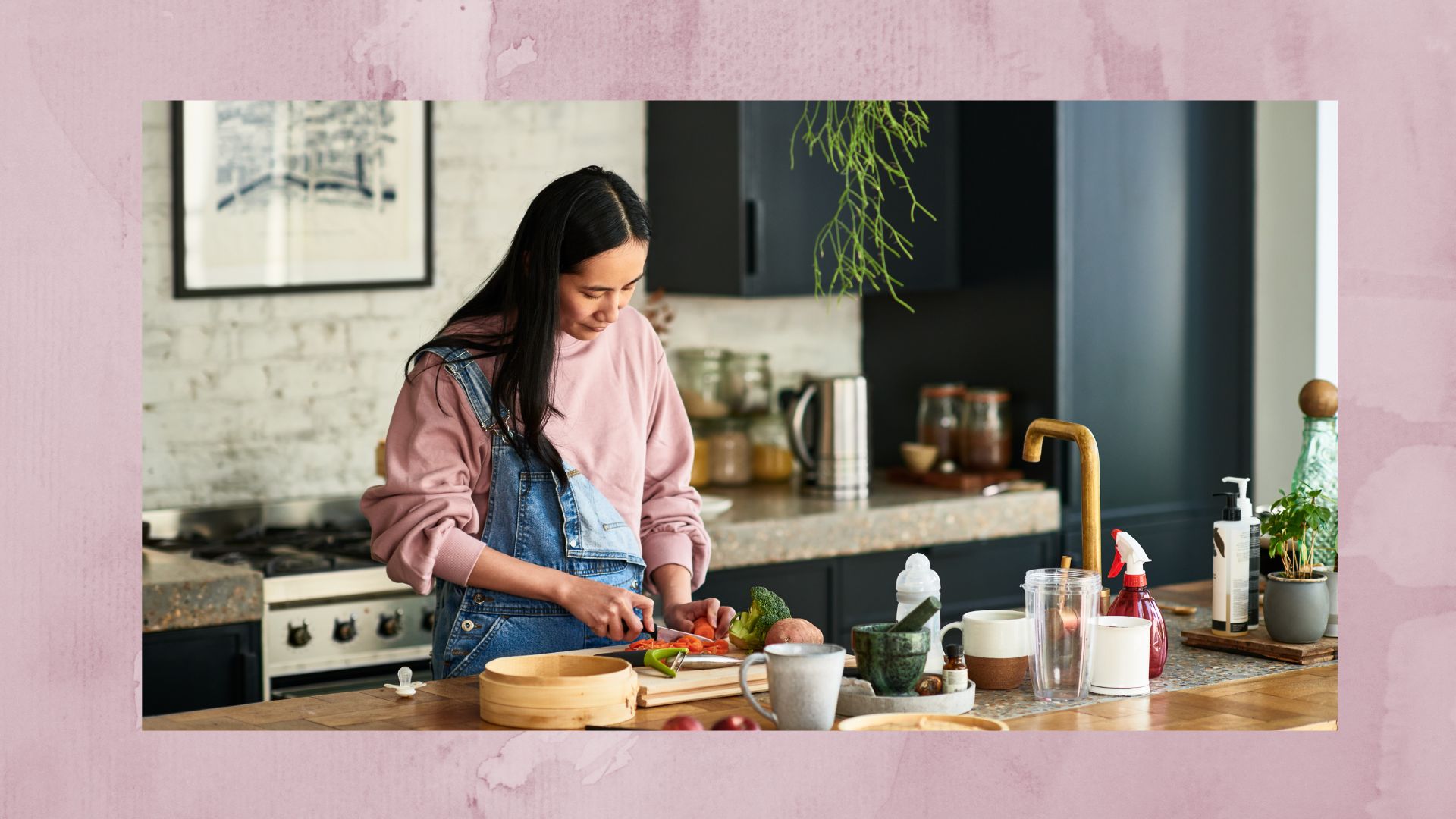
Sign up to our free daily email for the latest royal and entertainment news, interesting opinion, expert advice on styling and beauty trends, and no-nonsense guides to the health and wellness questions you want answered.
You are now subscribed
Your newsletter sign-up was successful
Want to add more newsletters?

Daily (Mon-Sun)
woman&home Daily
Get all the latest beauty, fashion, home, health and wellbeing advice and trends, plus all the latest celebrity news and more.

Monthly
woman&home Royal Report
Get all the latest news from the Palace, including in-depth analysis, the best in royal fashion, and upcoming events from our royal experts.

Monthly
woman&home Book Club
Foster your love of reading with our all-new online book club, filled with editor picks, author insights and much more.

Monthly
woman&home Cosmic Report
Astrologer Kirsty Gallagher explores key astrological transits and themes, meditations, practices and crystals to help navigate the weeks ahead.
Even if you cook a lot, it's easy to fall into the same habits, turning to familiar recipes and techniques that have been developed over years of trial and error.
While this isn't necessarily a bad thing, there are probably techniques we use daily that we never learnt to do the 'right' way. For example, cutting meat and veggies feels pretty intuitive, but many of us will be chopping, slicing and dicing all wrong. By refining some of these fundamental skills, you'd be surprised how easily you can amp up your cooking game.
Whether you're looking to get more confident in the kitchen or just want to go back to basics, this list of must-know cooking skills and techniques will help you along the way.
Tips every home cook should know
How to make Mirepoix
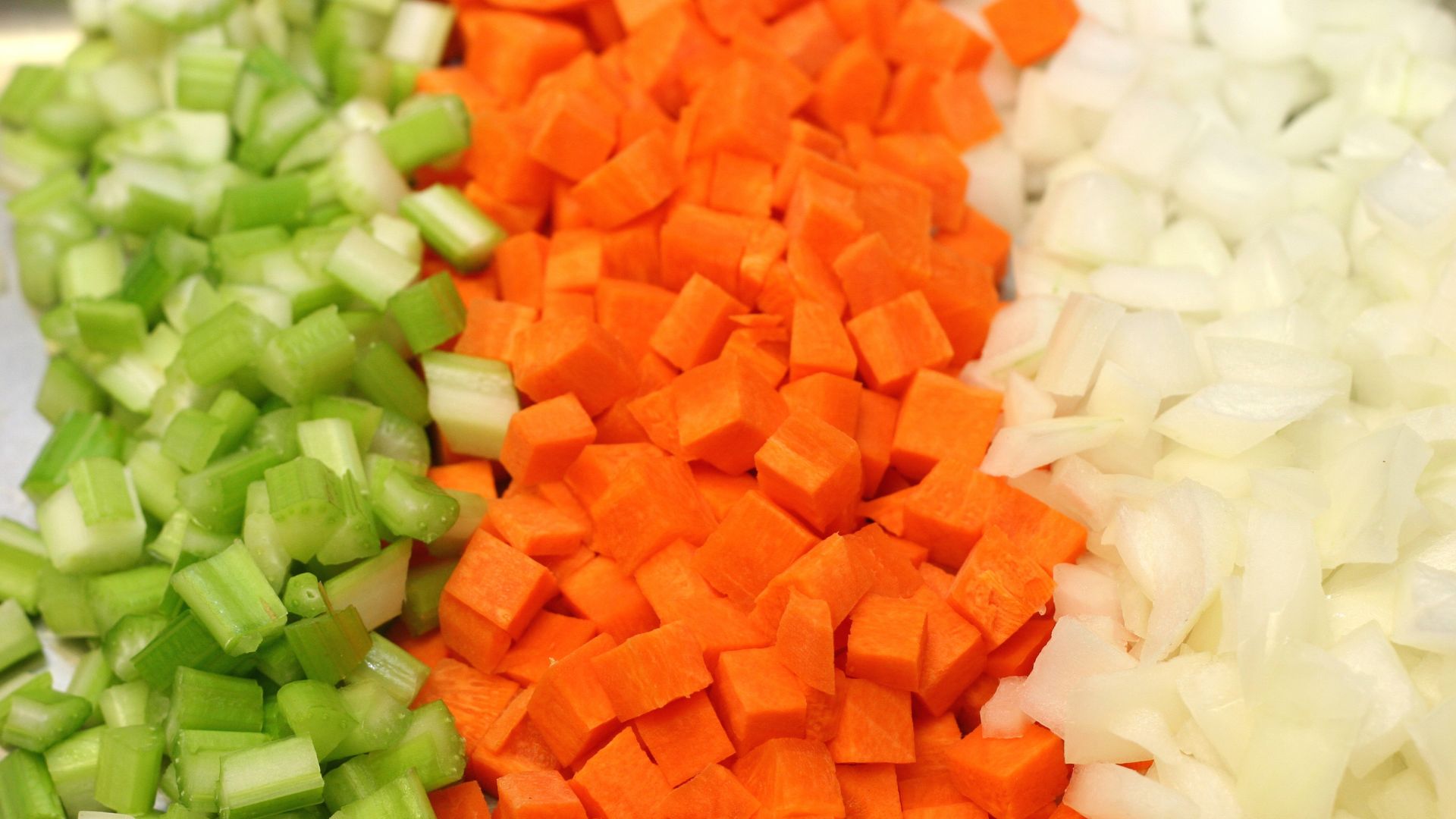
“Making a good mirepoix is a skill everyone should have,” advises Jessica Randhawa, Owner & Head Chef at recipe website, The Forked Spoon.
“A mirepoix is basically the flavour starter for tons of soups, stews, and sauces. It is basically 2 parts chopped onion, 1 part carrot, and 1 part celery, cooked slowly in a little olive oil or butter until the vegetables are all soft and sweet.
“You don't brown the veggies, you are just letting the veggies release their flavour. One key tip is to always chop the veggies the same size, which helps them cook evenly.
“Once you get the hang of it, you can try the Cajun variation of 'holy trinity' with bell peppers instead of carrots, or try Italian soffritto, which sometimes adds garlic.”
Sign up to our free daily email for the latest royal and entertainment news, interesting opinion, expert advice on styling and beauty trends, and no-nonsense guides to the health and wellness questions you want answered.
Mise en place
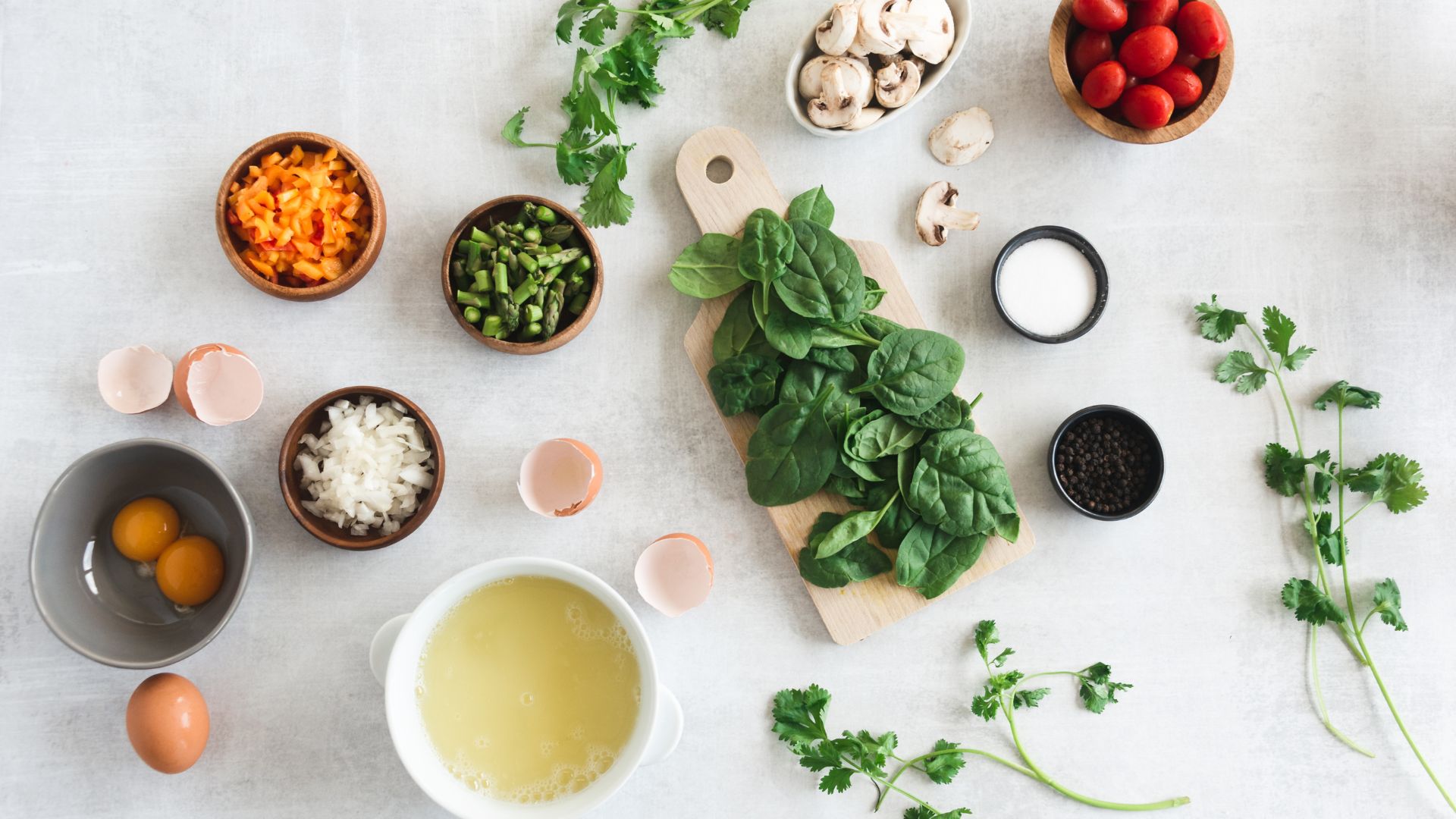
“Mise en place – French for ‘everything in its place’ – is a skill, not just a habit,” explains Steven Carter-Bailey, ProCook’s Food Expert.
“Before you switch on the hob, prep and measure all your ingredients. It keeps cooking stress-free and helps avoid overcooked or burnt food because you’re not scrambling to chop garlic while your onions are already frying,” the Great British Bake Off finalist continued.
Master how to chop an onion
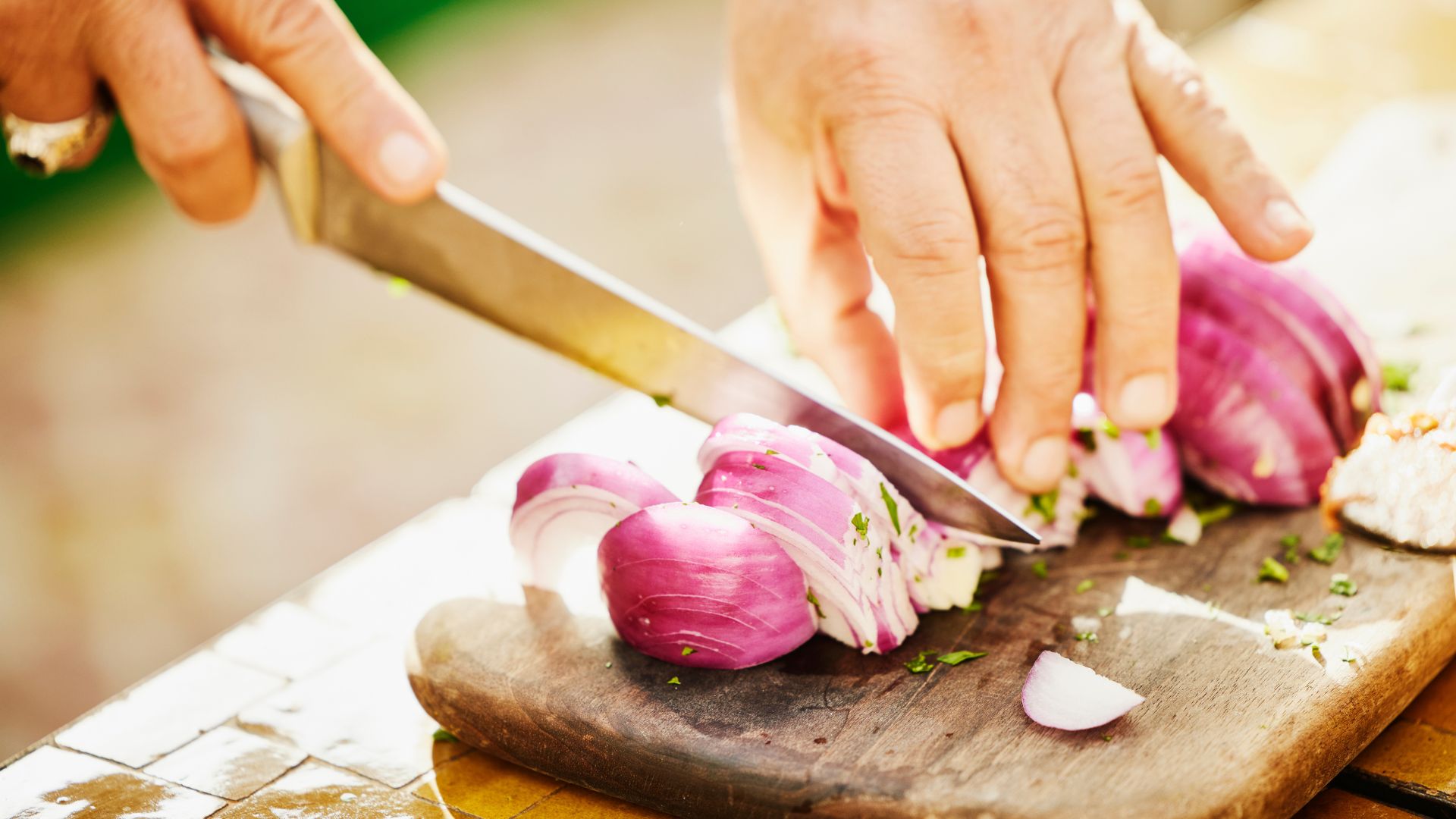
Onions are the base of so many recipes, so learning to cut one correctly is important - both in terms of efficiency and the flavour outcome.
“A sharp knife is your best friend here – not only does it make chopping quicker and more precise, but it also helps prevent bruising the onion, which can affect flavour,” explains ProCook Food Expert, Steven Carter-Bailey.
“Cut the onion in half through the root, keep the root intact while slicing horizontally and vertically, then cut across for perfectly even dice.
"Once you’ve nailed this, you’ll find prep work for countless recipes much easier.”
Know how to build flavour from scratch
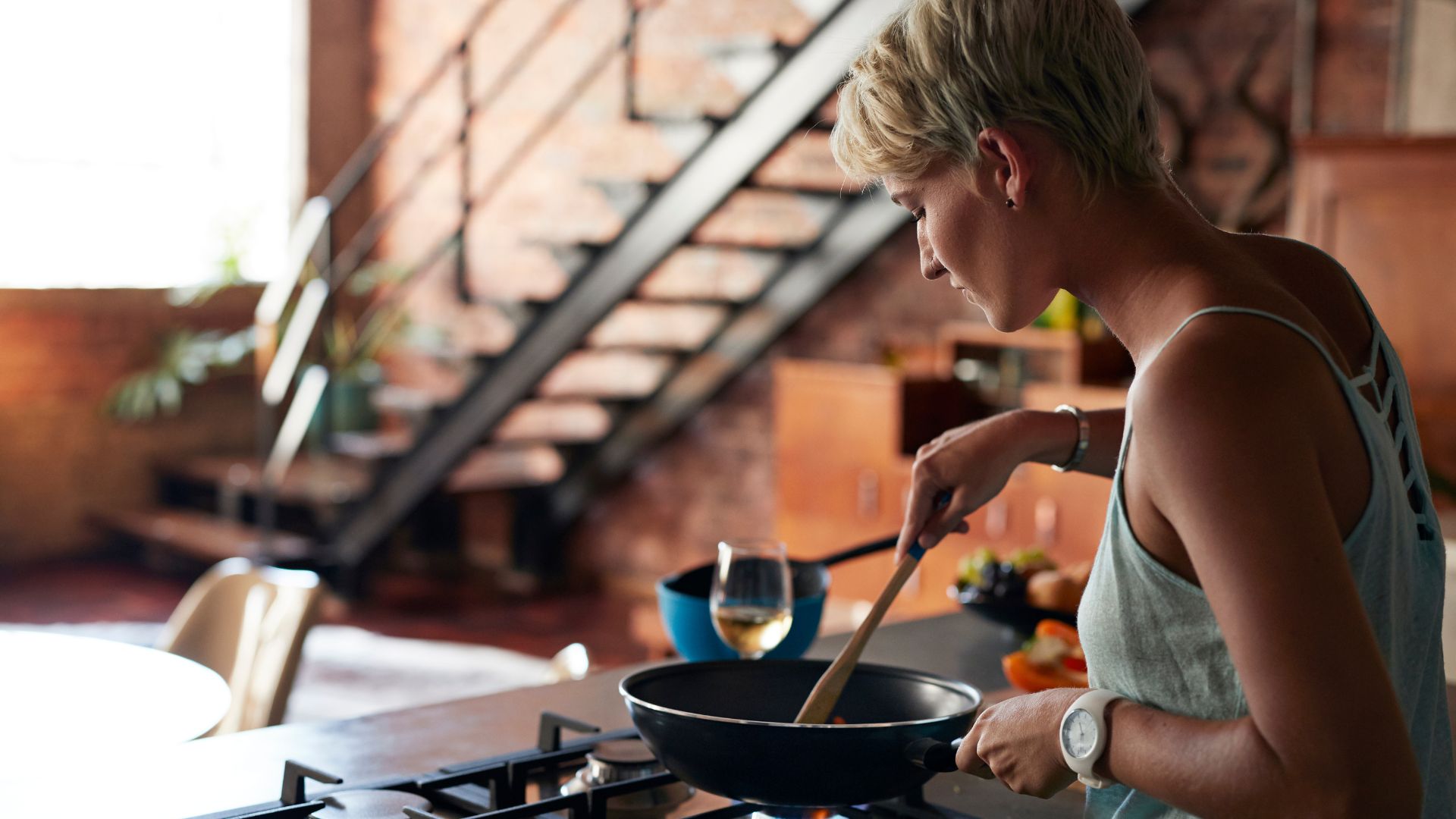
Nearly everyone we asked emphasised the importance of learning how to cook common foundational ingredients. “A valuable skill any home cook should master, in my opinion, is knowing how to build flavour from scratch,” advises Nicole Hunn, founder and developer at Gluten Free on a Shoestring.
“This can start with something as simple as learning how to properly sauté onions. For example, slowly and evenly, rather than rushing through it.
“It’s amazing how much depth these kinds of skills can add to everything from soups to stews to sauces.’’
Choose the right tools - and look after them
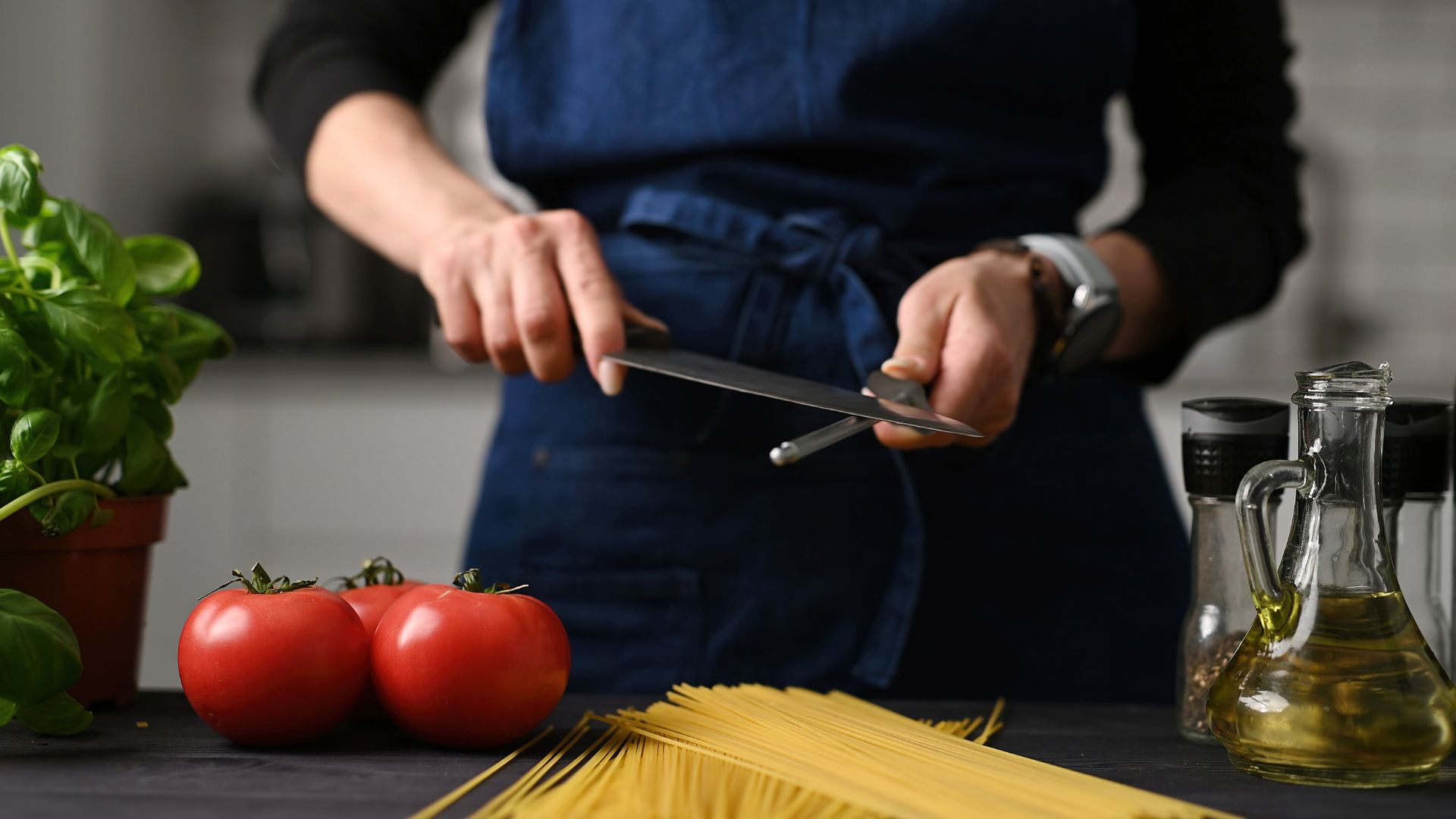
You don’t need a fancy kit to be a great cook, but you do need some reliable basics. A quality set of knives, a variety of pots and pans (stainless steel pans are good all-rounders, but we also highly recommend investing in a cast iron pan). You’ll also need oven trays.
“The right pan makes a huge difference; a heavy-bottomed saucepan will distribute heat more evenly, and sharp knives will make prep work safer and faster,” explains Bake Off finalist and ProCook food expert, Steven Carter-Bailey.
Crack the secret to cooking good eggs
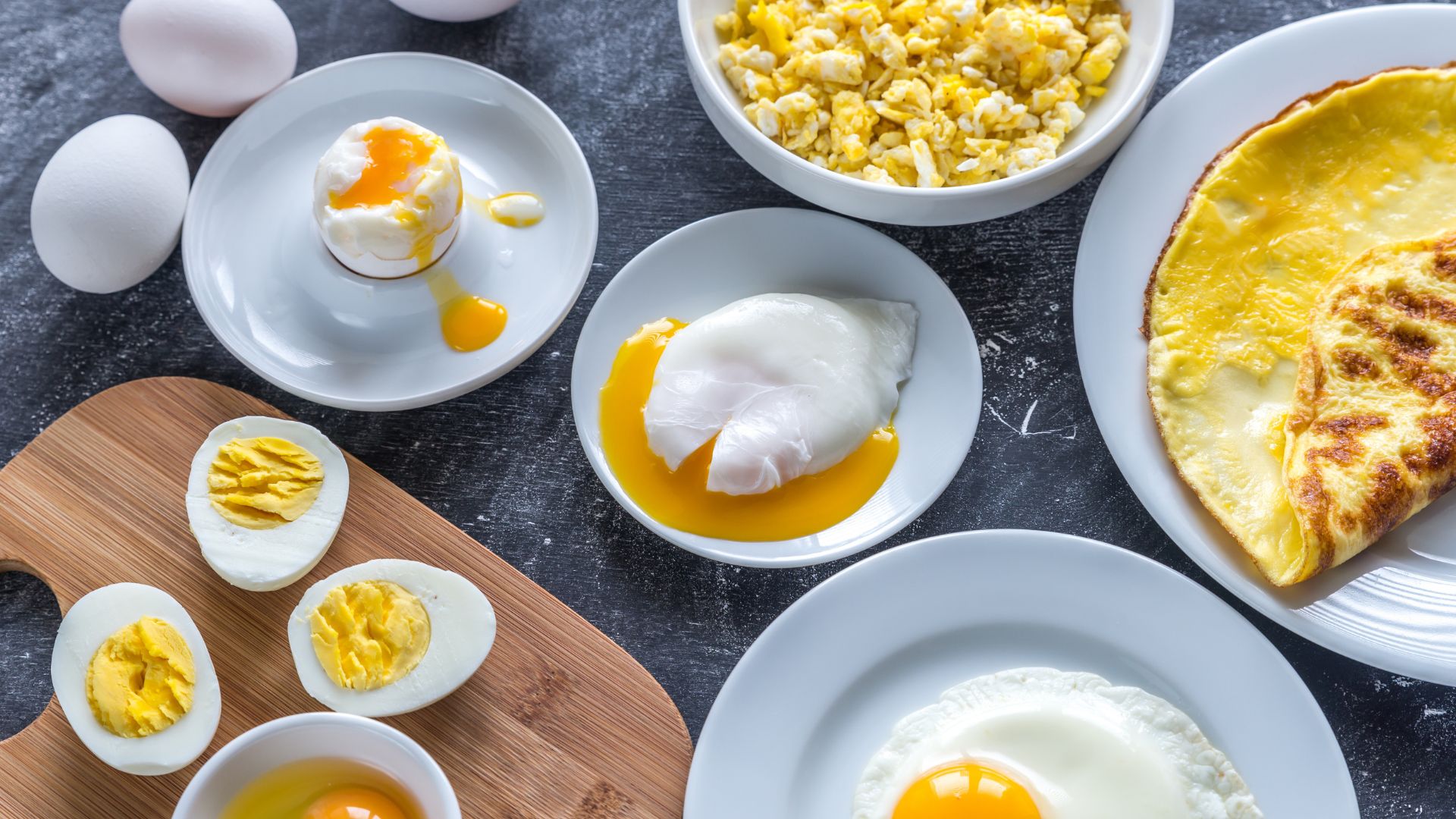
There are so many ways you can cook eggs, and once you know how to do each technique perfectly, it will open up so many meals.
Whether boiled, poached, fried, scrambled or mixed into an omelette, there are endless ways to enjoy a humble egg. Plus, they're a brilliant budget choice and are loaded with protein. Win-win.
Understanding seasonal produce and fresh herbs
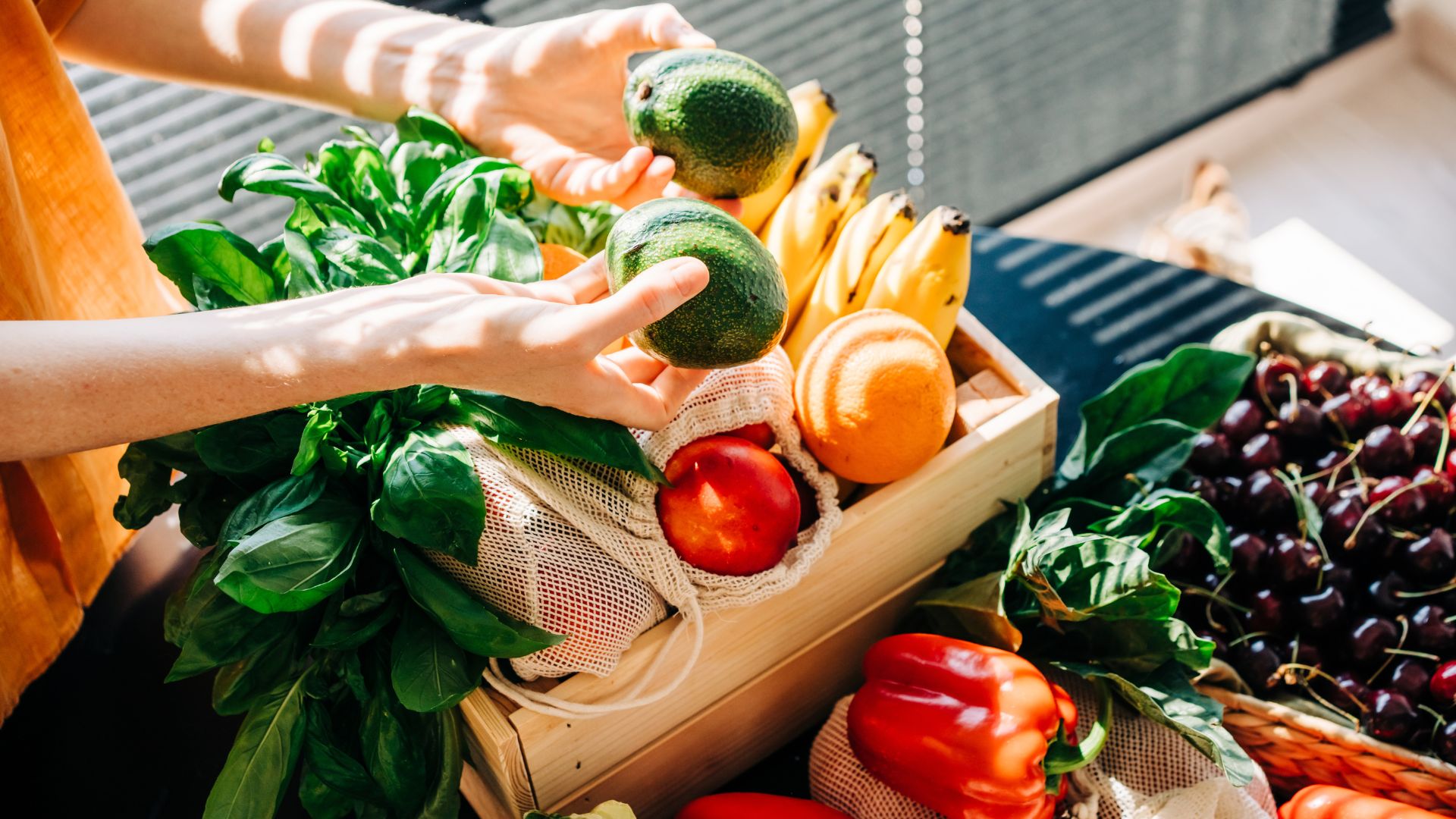
“For any aspiring chef, the most important thing to remember is to taste everything! You’ll soon start to see how different ingredients, herbs or seasonings can elevate a dish and it’s this understanding that is key to becoming a better cook,” explains Ahmed Abdalla, head chef at Legacy at The Grand, York.
“One of the best things you can do in the kitchen is experiment with seasonal products and fresh ingredients to see how they can upgrade a basic dish to something really special.”
Master a few staple sauces
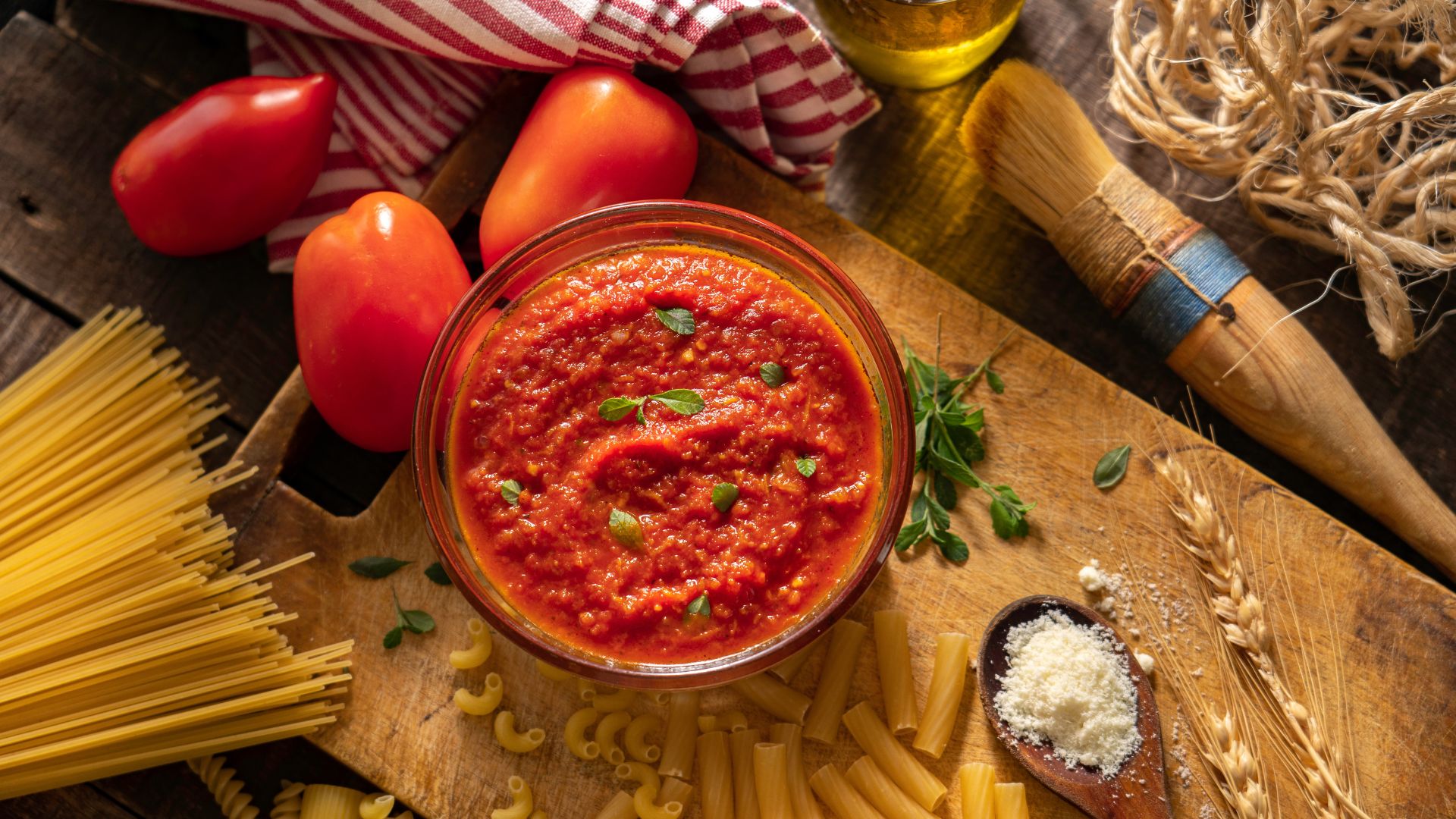
Once you know a few great staples and foundations, you can build on top of them to create so many other culinary creations.
“A silky béchamel, a tangy tomato sauce, and a rich gravy form the backbone of so many dishes. Once you understand the basic ratios and techniques, like creating a smooth roux, you can adapt them endlessly with herbs, spices, or stock,” explains Bake Off finalist, Steven Carter-Bailey.
“It’s a brilliant way to elevate even the simplest meals.”
Get confident with substituting
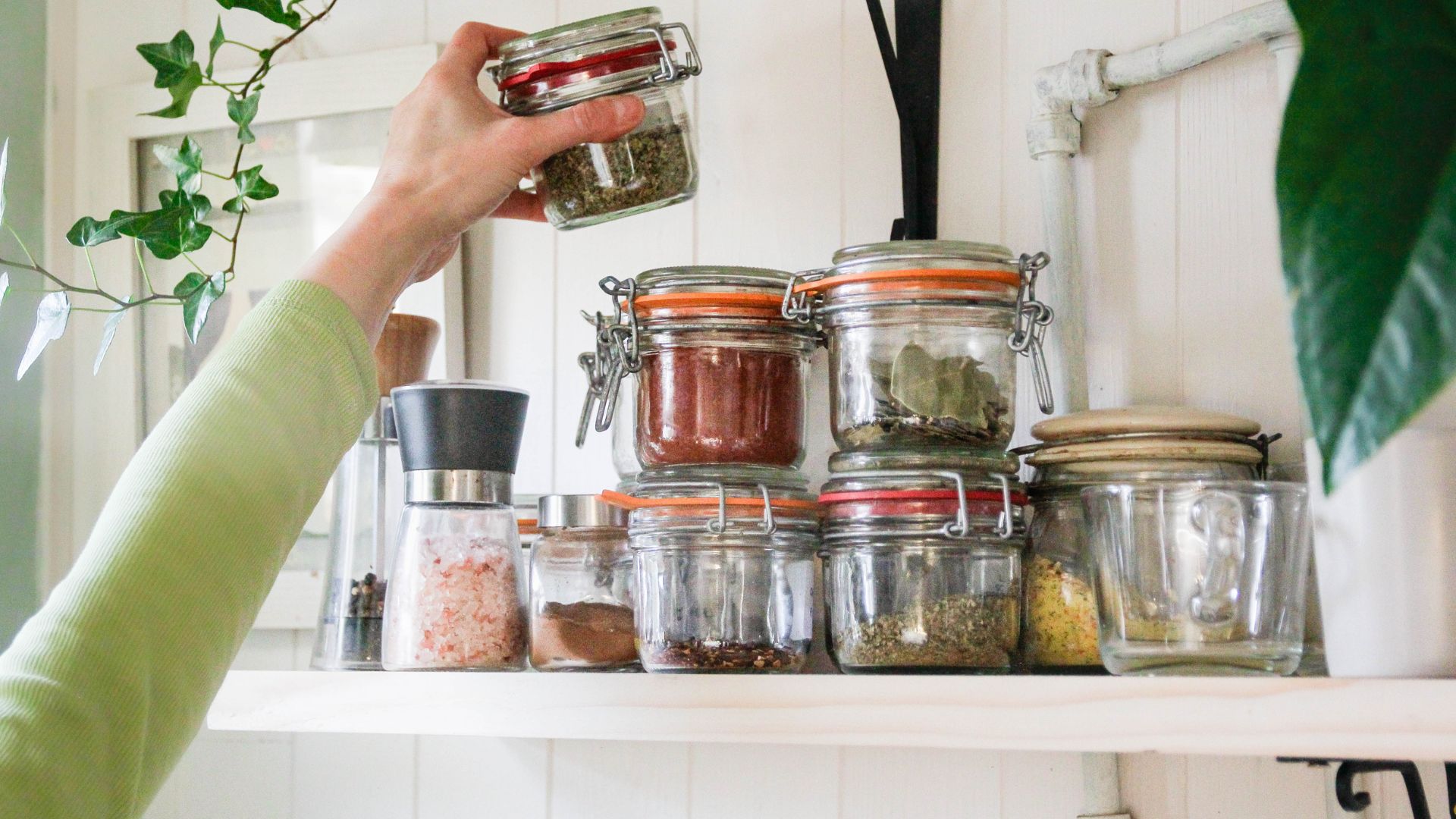
“A key skill that many might not think about is learning how to adapt in the kitchen. Yes, following recipes is great. However you might have to switch out ingredients unexpectedly, adjust something for dietary needs, or make do with what’s in the fridge,” explains Nicole Hunn, recipe developer, author and founder of Gluten Free on a Shoestring.
“Flexible cooking is also where you can gain real confidence when it comes to cooking at home. That’s how Gluten Free on a Shoestring started. I had to rework all the classics when my child was diagnosed with celiac disease, and I discovered that skill and resourcefulness matter more than having a fancy kitchen.’’
Timing is everything
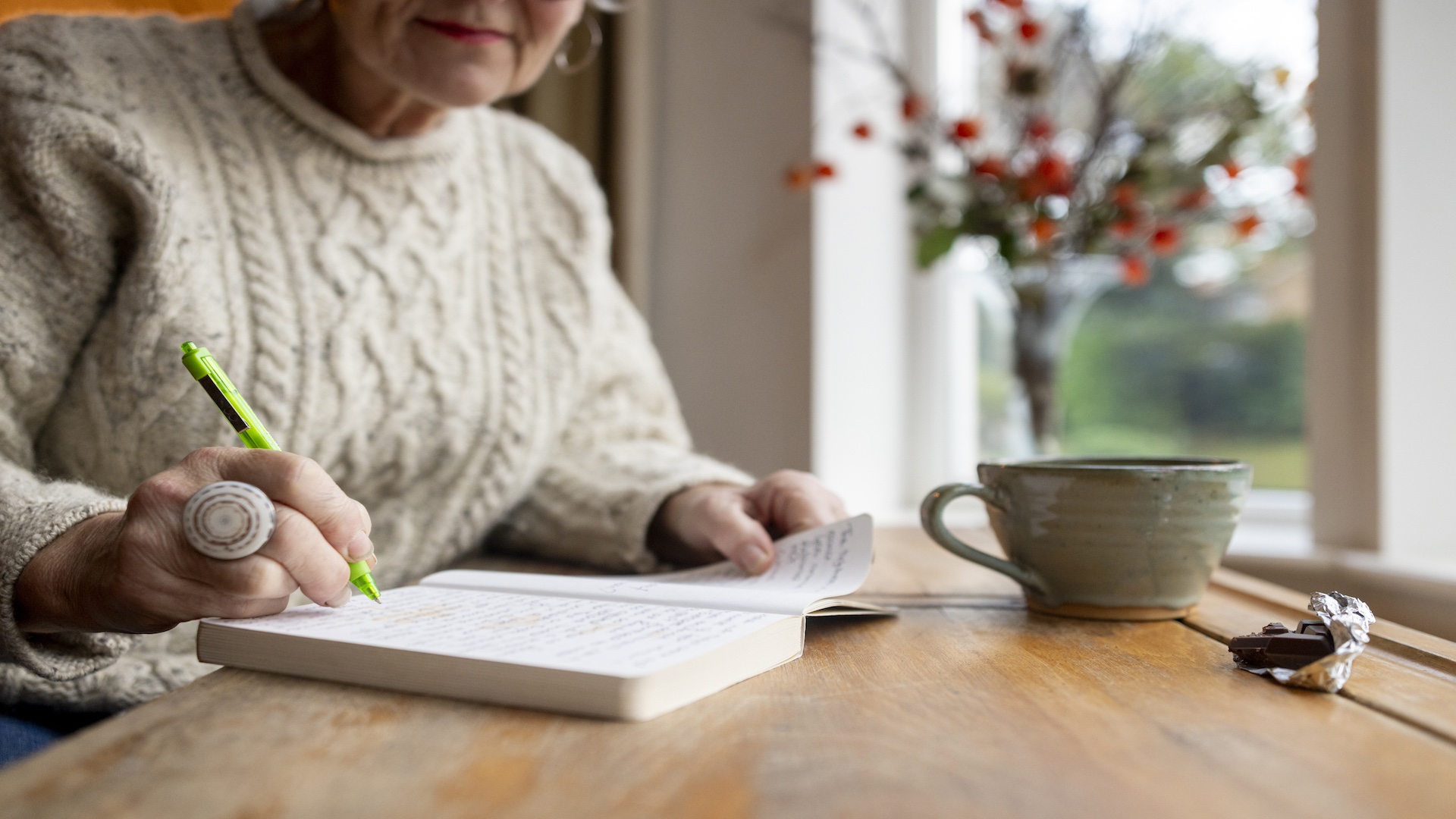
Like most other experts we spoke to, Michelin-Star chef Mark Poynton asserts the importance of mise en place, suggesting writing a list of all your tasks so you can plan the meal properly and ensure everything is properly timed.
“Start by writing a list of all the tasks that need to be done and prioritise the ones that take longer, like roasting a joint or preparing desserts, and get those started first, crossing off tasks as you go. This will make any meal preparation easier and less stressful,” he advises.
Know your salts
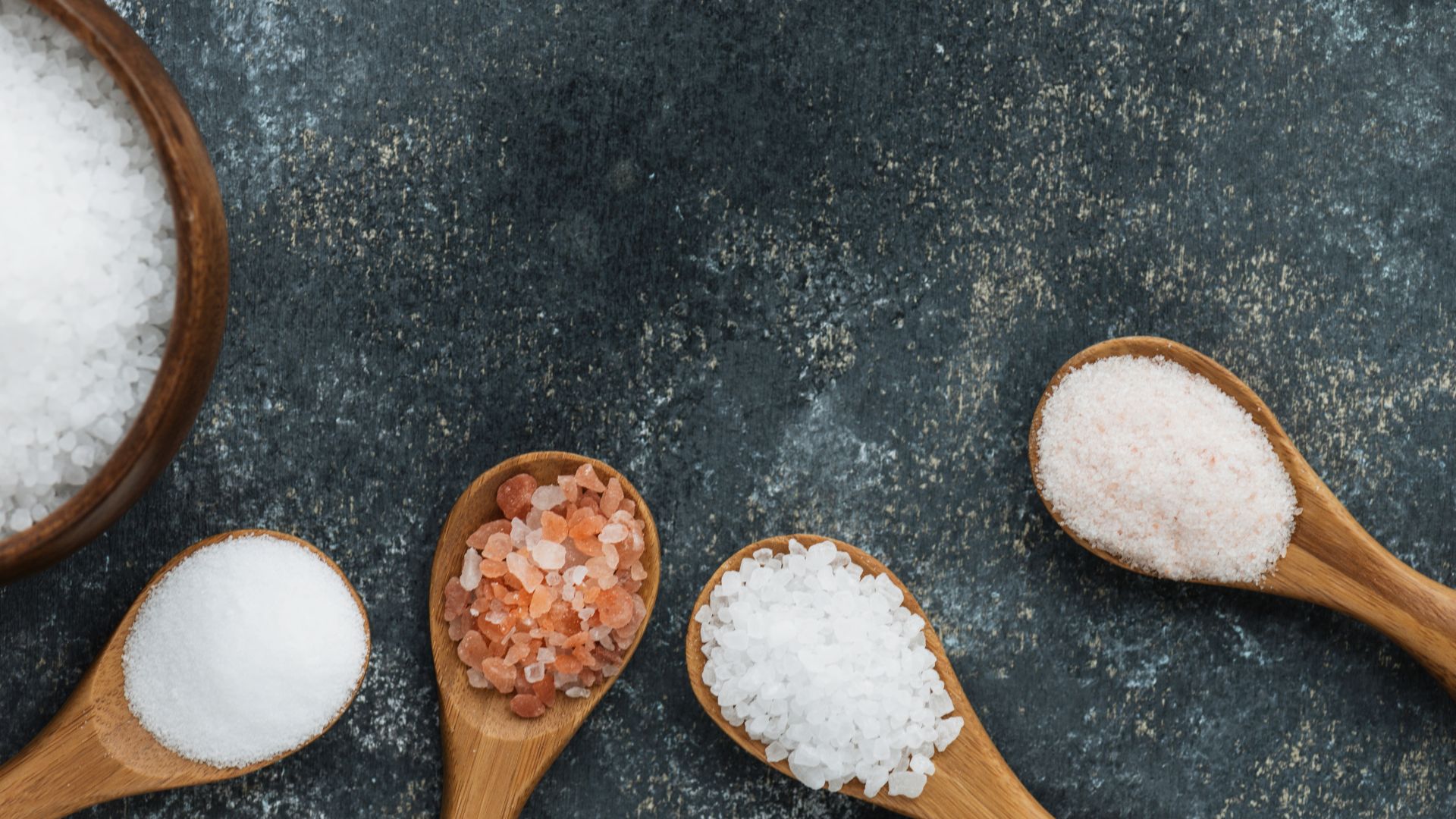
Not every type of salt is created equal, explains Abbie Hendren, Head Chef at Sam’s Kitchen Chiswick, Hammersmith and Sam’s Waterside.
“Table salt should be used primarily for most things, for example, seasoning your pasta water, seasoning meat and fish before cooking, adding to a salad dressing, etc,” she explains.
“This is because, as the grains are so fine, they can cover more surface area and properly coat whatever you're applying it to. And it also dissolves much more easily into any liquid.”
For finishing items, turn to flaky salt. “Once you’ve seasoned the outside of your steak with table salt, cooked it, sliced it, you can now add a sprinkle of Maldon between the slices to get maximum flavour,” she explains.
“It sounds minor, but it really makes a huge difference!”
Learn how to make pasta
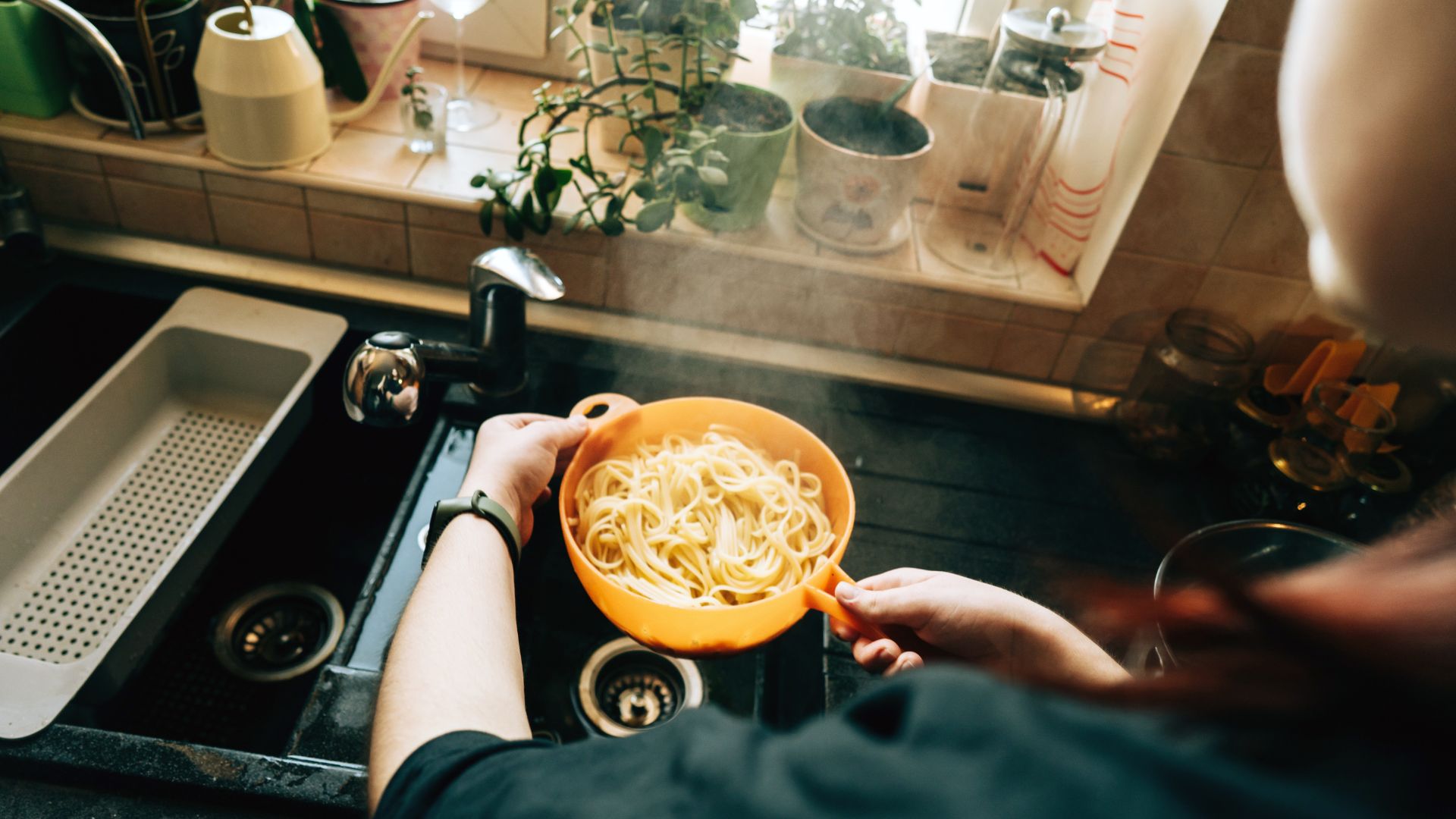
The exact technique will vary based on the type of pasta, the shape, the brand and whether it’s fresh or dry, but knowing how to cook both fresh and dry pasta is an essential (and easy to learn) skill.
As a rule of thumb, always add cold water to the pot and bring it to a boil there, rather than boiling it in the kettle first. Add lots of salt after the water has started to boil, and use approximately one litre of water for every 100g of pasta.
To be certain, always follow the instructions on the packet. However, over time, you'll intuitively understand the best timings for each pasta.
Perfect at least one loaf recipe
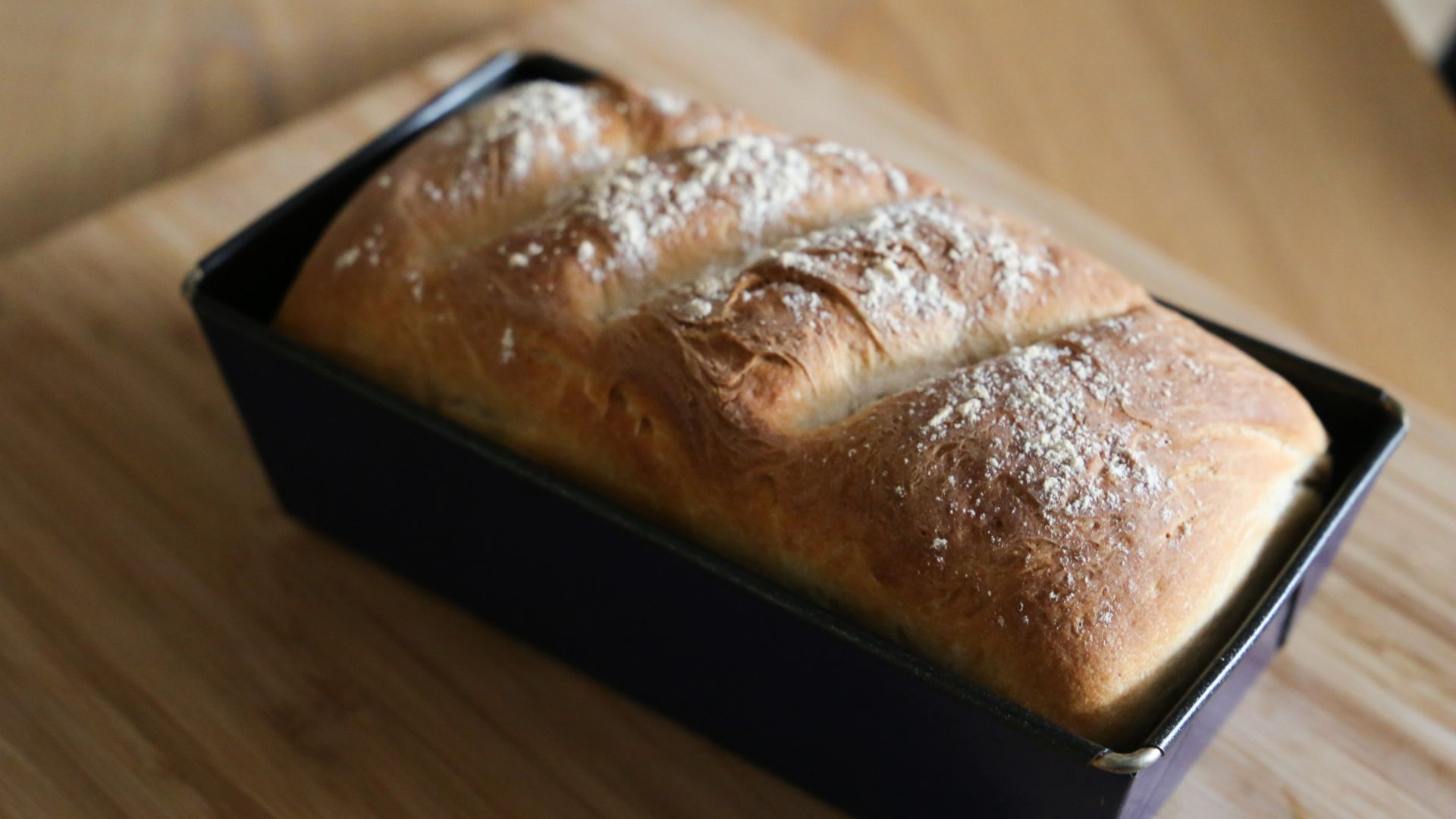
There are so many different ways you can bake bread, but if you’re starting out, there’s no need to overcomplicate it. Find a simple recipe that works for you, master it, then branch out.
"Bread recipes have been passed down for thousands of years, making them a great starting point for anyone looking to build their skills in the kitchen. Baking a simple loaf is a fundamental skill for any aspiring cook,” says Ahmed Abdalla, Head Chef at Legacy at The Grand, York.
Whatever recipe you go for, a few flourishes will make it extra special. “The trick to turning a basic loaf into something more impressive is adding extra flavour to wake up the senses,” adds Ahmed. “If you take chopped herbs, such as parsley or coriander, add them to some melted butter and mix them through the dough, it creates an amazing finish to the loaf and fills the room with an elevated fresh bread smell.
“Another excellent addition to any loaf is dry yeast flakes. These bring a fantastic umami flavour, as well as health benefits, including being rich in B vitamins and antioxidants. It’s an ingredient many overlook, but using it will leave you a slice above the rest.”
“Bread is such a great thing for people to start learning with, and it's one of the first things I remember making as a kid,” agrees professional chef Abbie Hendren, recommending starting with a milk bun recipe.
Try batch cooking
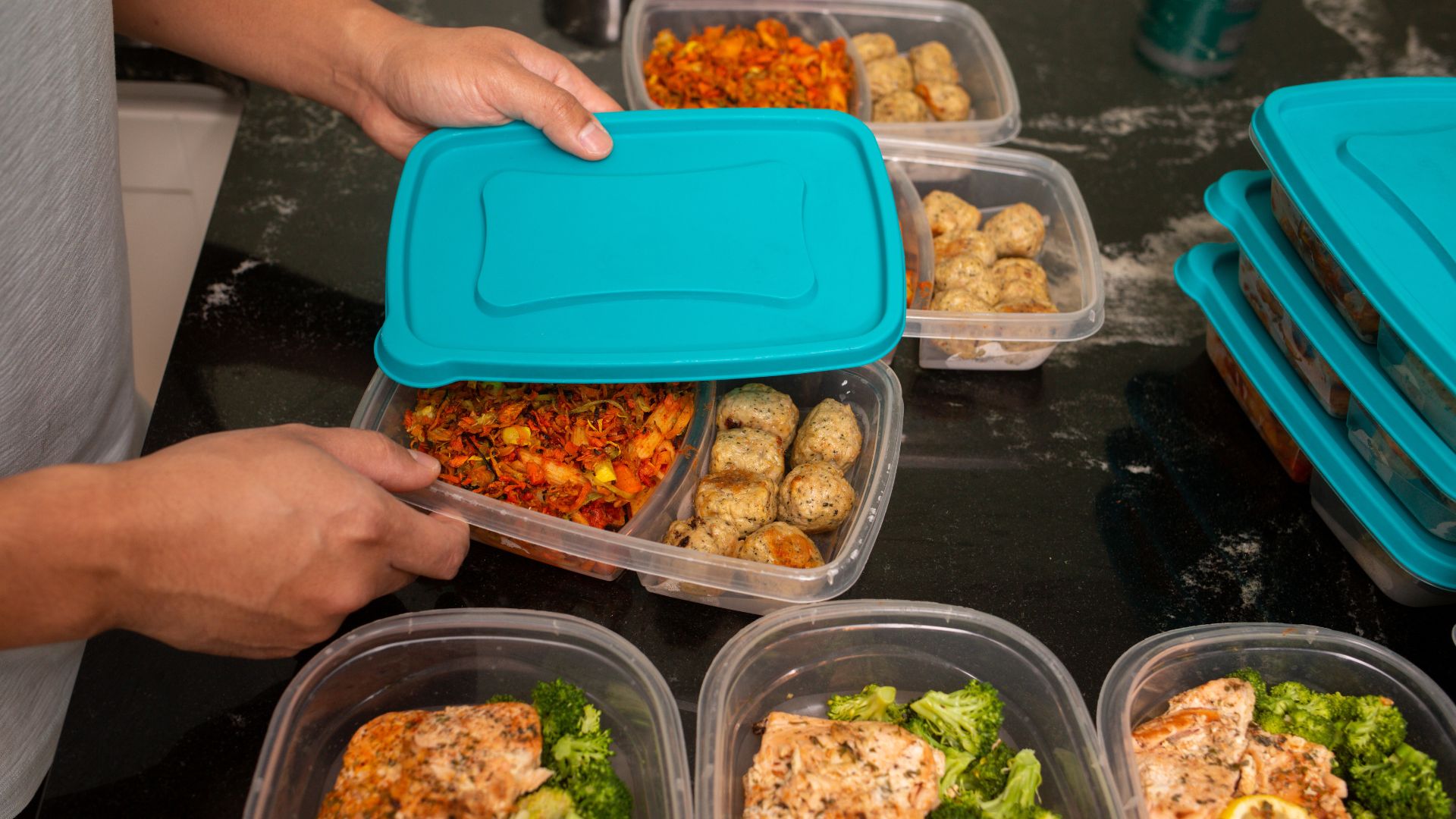
Not only does batch cooking save time, but it also reduces food waste - especially if you make freezable recipes.
“Recipes for one-off meals generally call for smaller amounts of ingredients, leaving you with leftovers to deal with. But recipes for batch meals (meal prep) utilise larger amounts of produce and perishable ingredients, so there’s much less food waste,” agrees Sophie Trueman, Country Director UK&I for Too Good to Go.
Understand the role of rest time
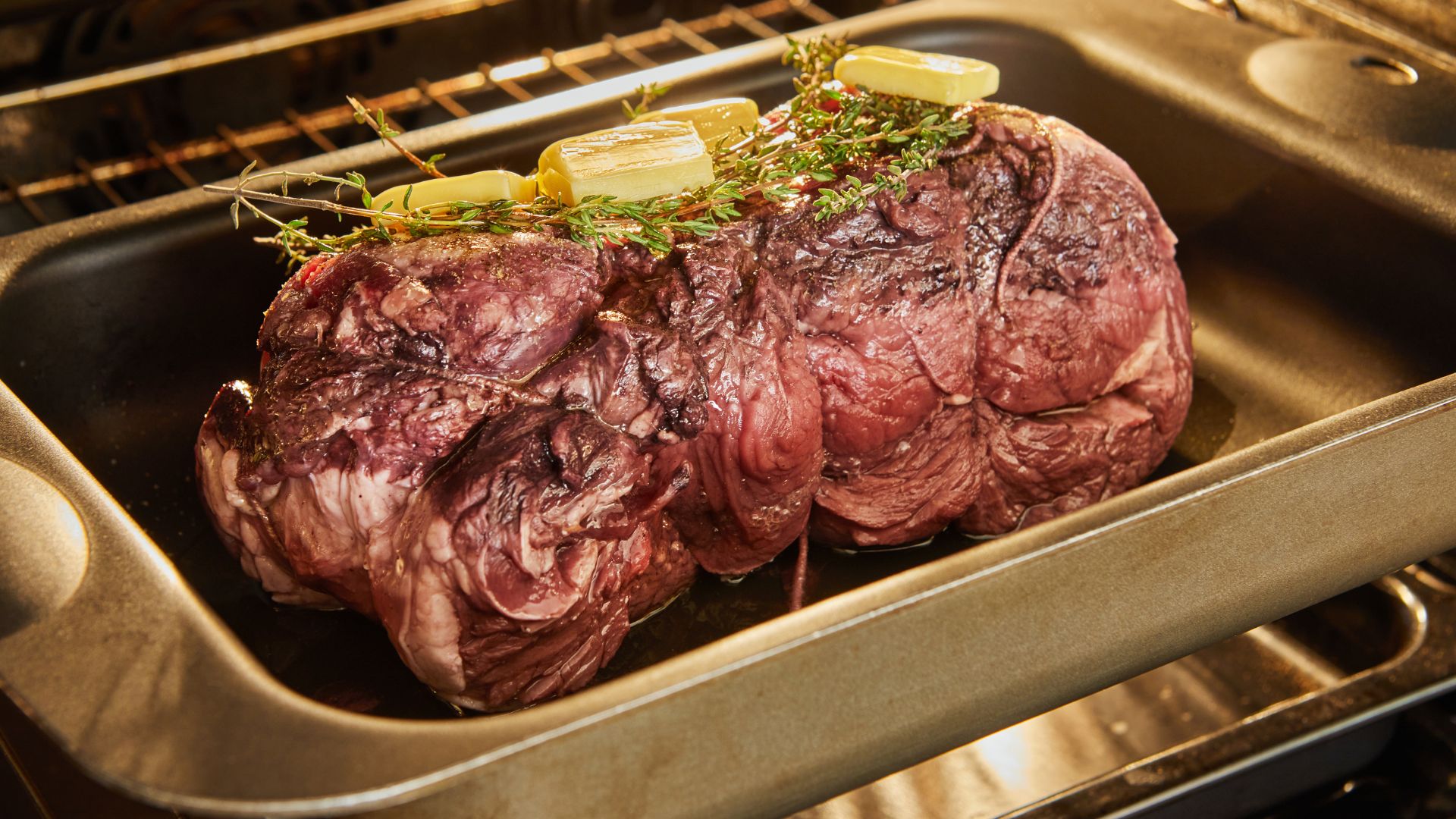
“A key tip that is often forgotten but makes a huge difference is understanding the role of rest time, especially in baking," explains the founder of Gluten Free on a Shoestring, Nicole Hunn.
“Whether it’s letting gluten-free dough hydrate before baking, or giving your meat a few minutes to rest before slicing, this pause can make a massive difference in texture and flavour. It’s one of those small, often-overlooked steps that separates a good meal from a great one.”
Make homemade stock
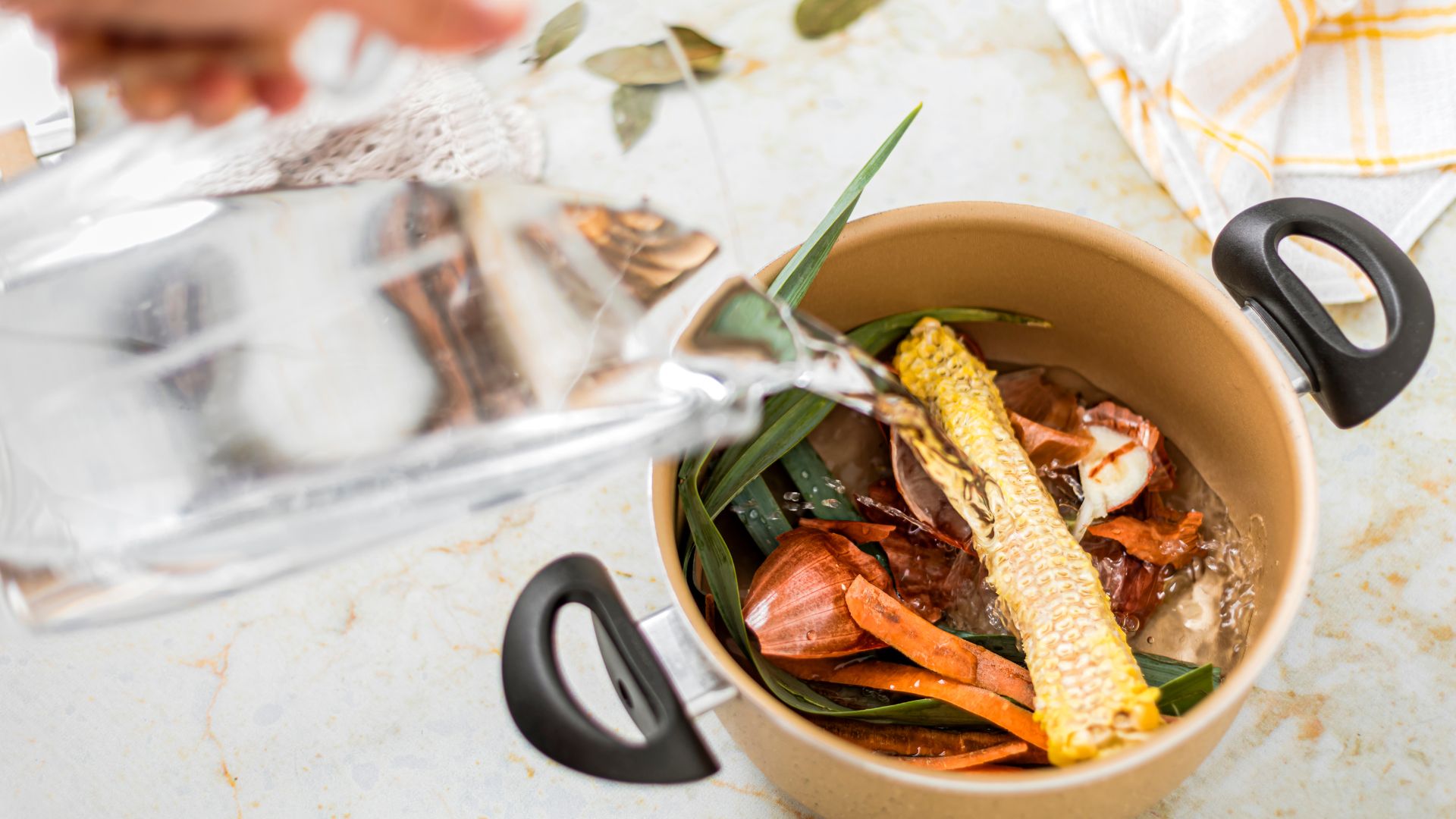
Knowing how to make homemade stock is a valuable culinary skill and it’s a lot more straightforward than you might think. Plus, it’s not only tastier than the stock you’d buy at the supermarket, but it will be far healthier, with less sodium and preservatives.
Recipes vary, so don't be afraid to experiment a little, but for a basic vegetable stock, simply keep your leftover veg and peels and store them in a ziplock bag. Once you have enough (you'll want a ratio of 1:1 vegetables to water), pop them in a pan of boiling water with salt and peppercorns. Simmer for around two hours, cool, then store.
Aromatic veggies and alliums work best, while cruciferous vegetables are best avoided.
Understand your herbs and spices
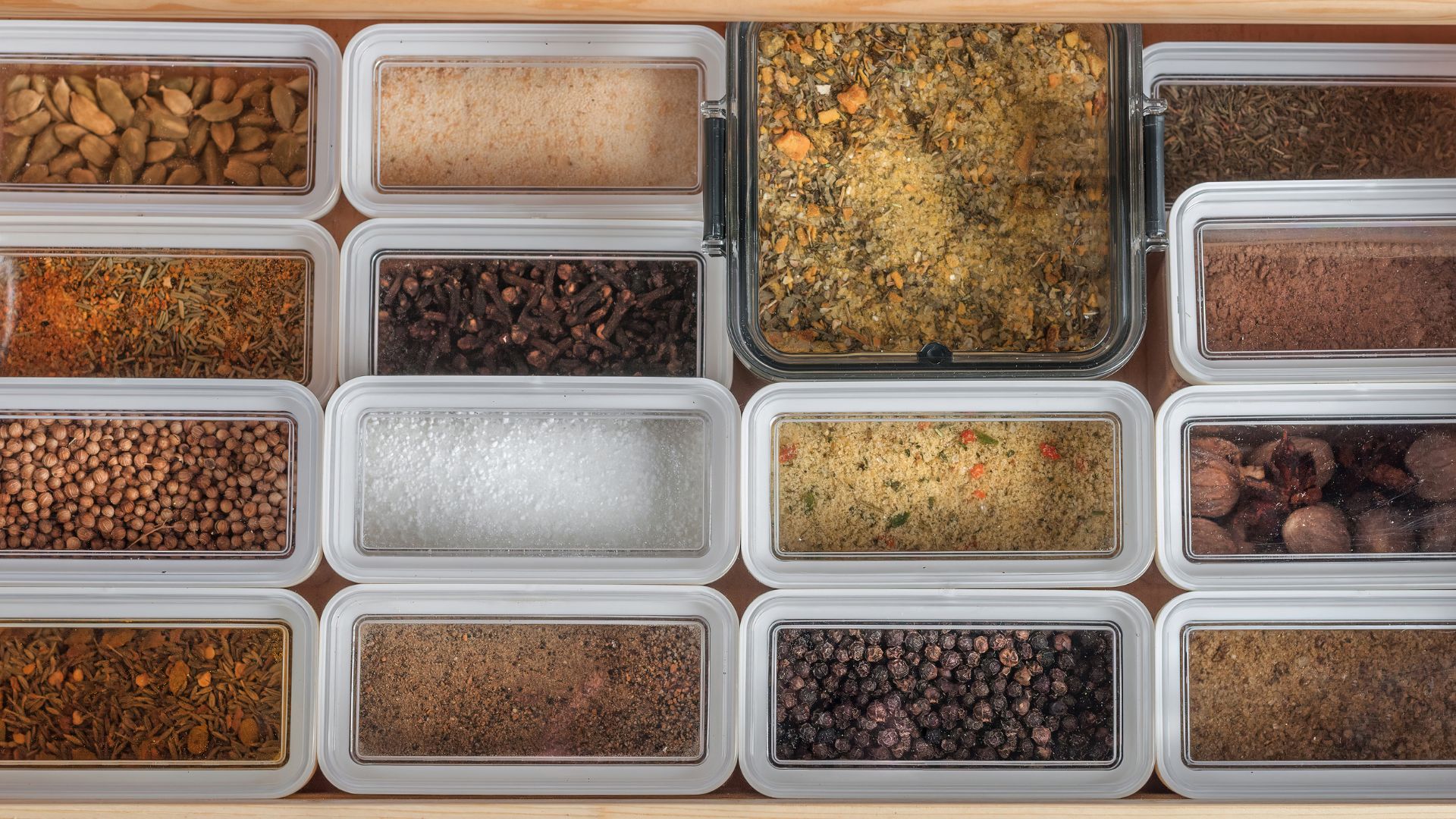
It goes without saying, but really understanding seasoning is key to being a good cook. Some woody dried herbs can be cooked for longer, like oregano, rosemary, parsley and sage, while other, more delicate herbs, like dill and basil, should generally be added later.
These softer herbs can also be better in fresh form when possible. Like salt, start small and keep tasting as you go along to ensure you have the right balance.
Understand food safety
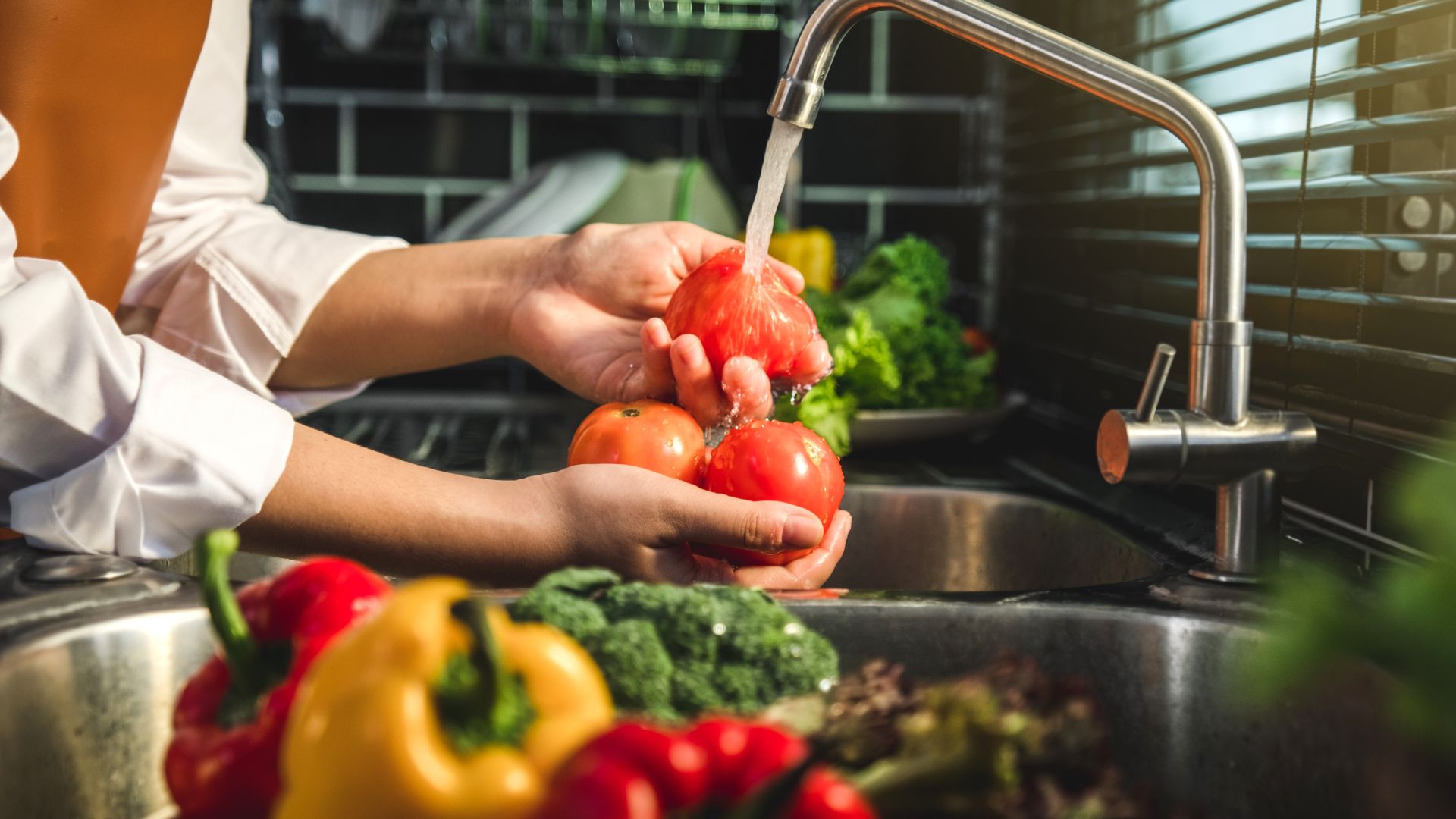
Perhaps an obvious one, but the importance of food safety cannot be overstated. Always wash your hands before preparing food and use different chopping boards for meat and veggies.
Ensure you wash all produce before using it and that you store everything correctly too.
Master fresh pasta
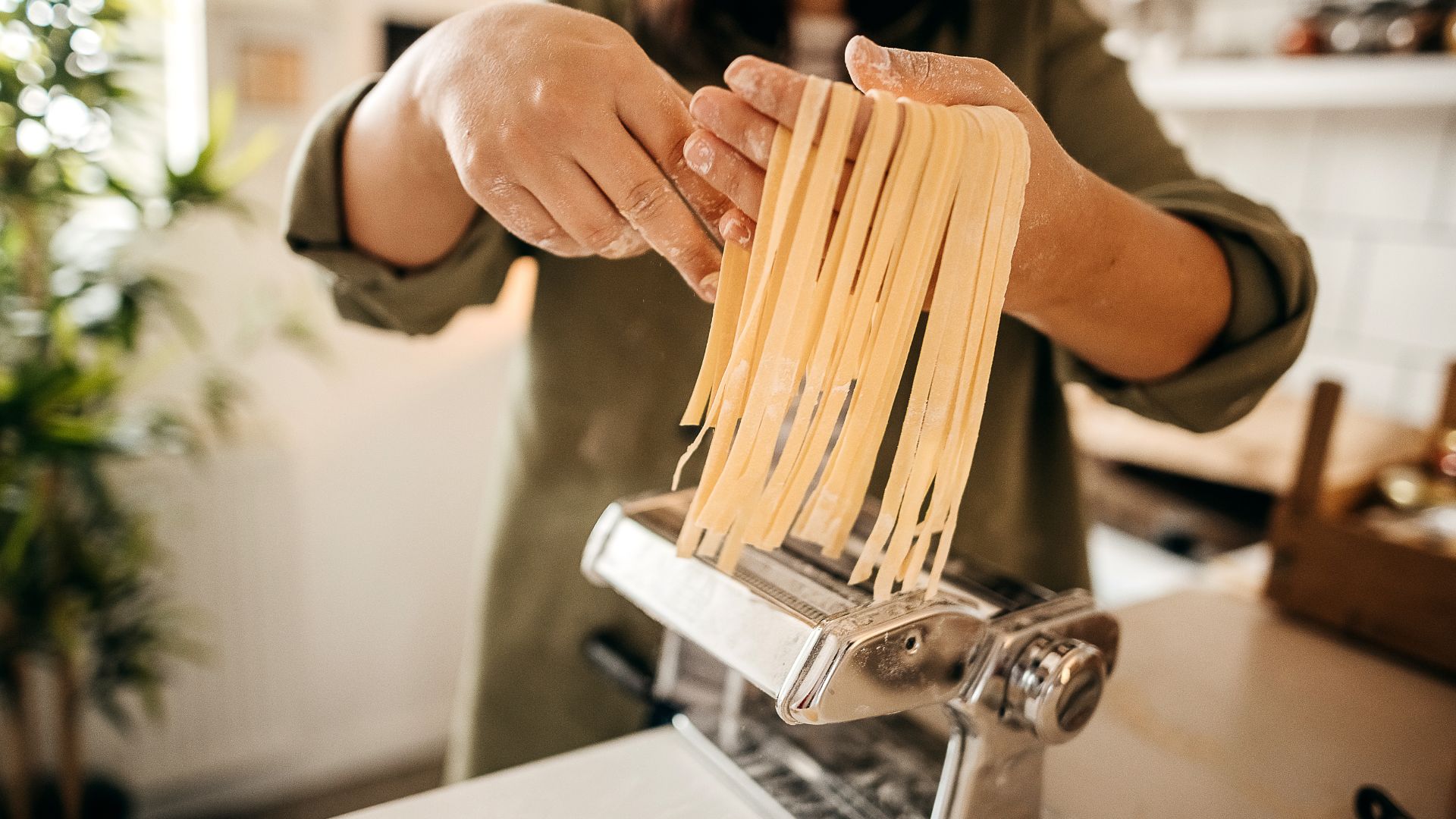
“Many people assume making pasta from scratch requires hours of work and a long list of ingredients, but in reality, all you need is good-quality flour and rich egg yolks,” explains head chef at Legacy at The Grand, York, Ahmed Abdalla.
“Professional kitchens often recommend Burford Brown eggs for their deep, vibrant yolk colour, which enhances the pasta’s appearance.
“Once the basic dough is done, the possibilities are endless. You can shape it into ravioli or cappelletti, and any leftover dough into tagliatelle or simple spaghetti to minimise waste.
“A quick toss in the pan with the addition of truffle, parmesan or olive oil, transforms the pasta into an effortlessly luxurious dish.”
Get some good measuring tools
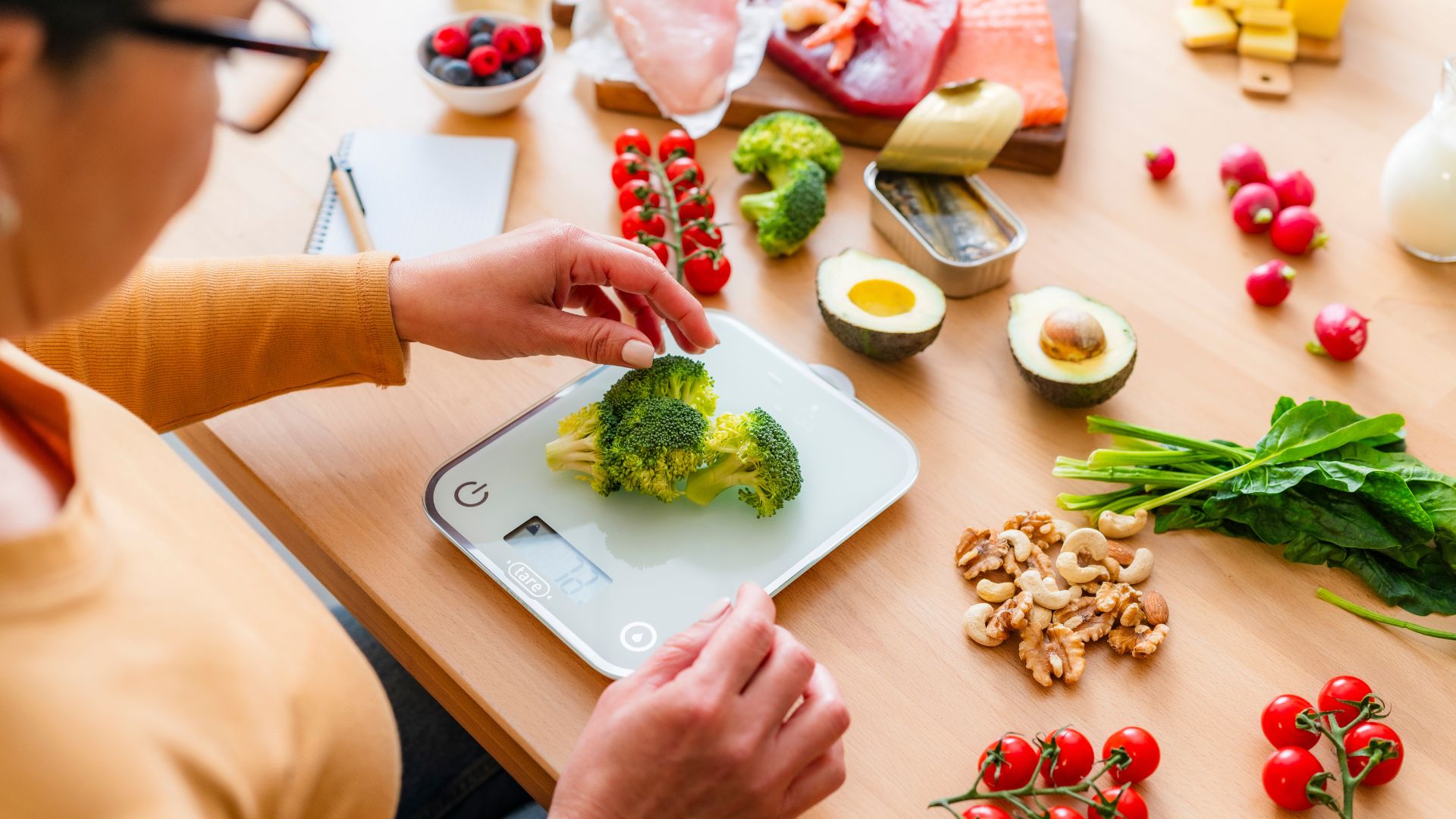
It’s often said that baking is more of a science than an art and it’s true that precision is super important.
“Grab yourself some digital scales when you do any kind of baking, as accuracy is super helpful when it comes to cakes, pastries and breads,” explains Sam’s Kitchen head chef, Abbie Hendren.
Season (and taste) at every stage
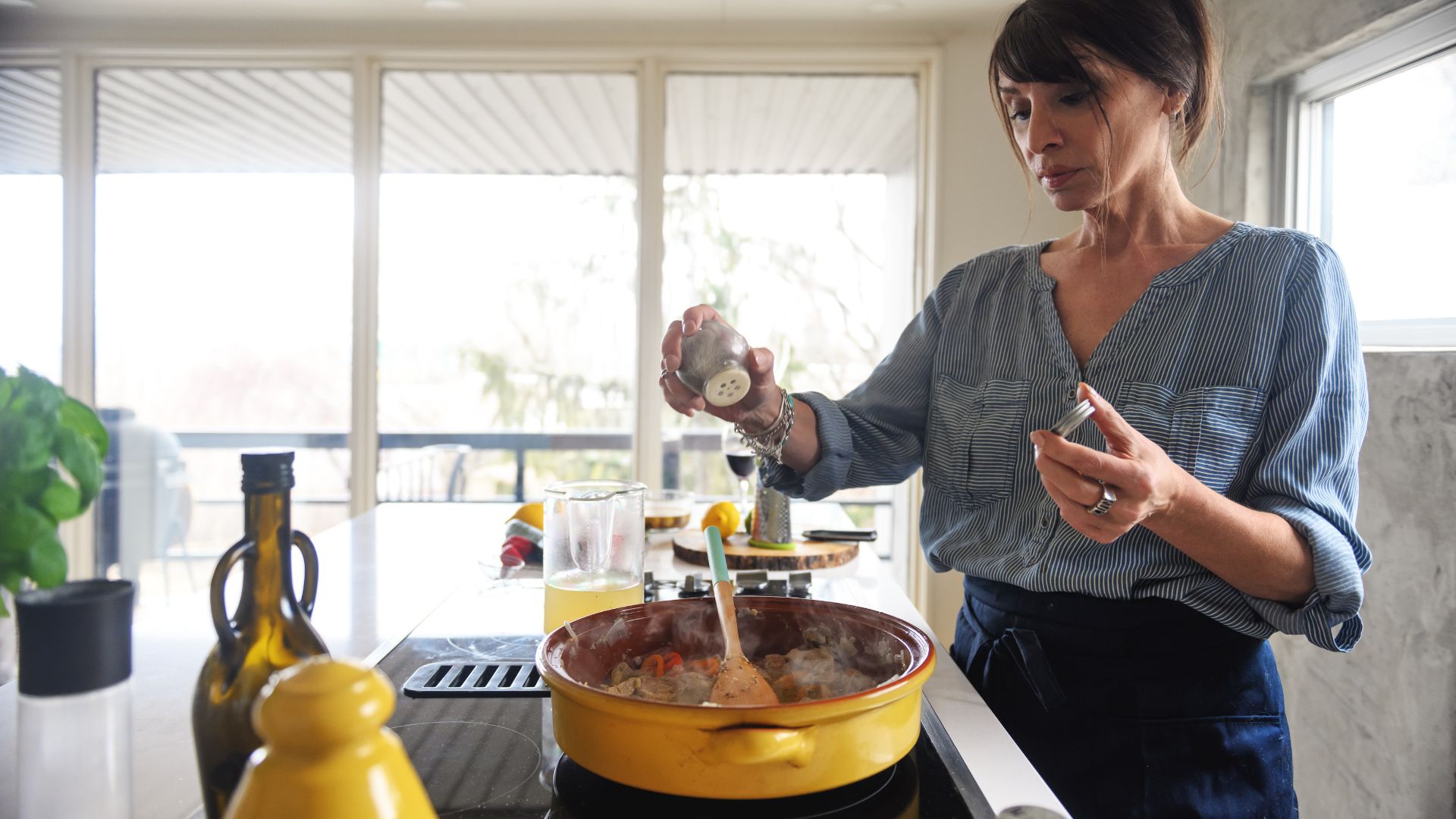
“Salt and pepper aren’t just the final flourish – seasoning should happen at every stage of cooking to build flavour,” advises Great British Bake Off finalist and food expert, Steven Carter-Bailey.
“Taste as you go, and remember that acid, like lemon juice or vinegar, can bring out flavours as much as salt can. Learning to balance seasoning is one of the most transformative skills for any home cook.”
Michelin-Star chef Mark Poynton agrees, adding, “Be sure to taste your food through every part of cooking, before and after adding any seasoning, to ensure balanced flavours.”
Improve your plate appeal
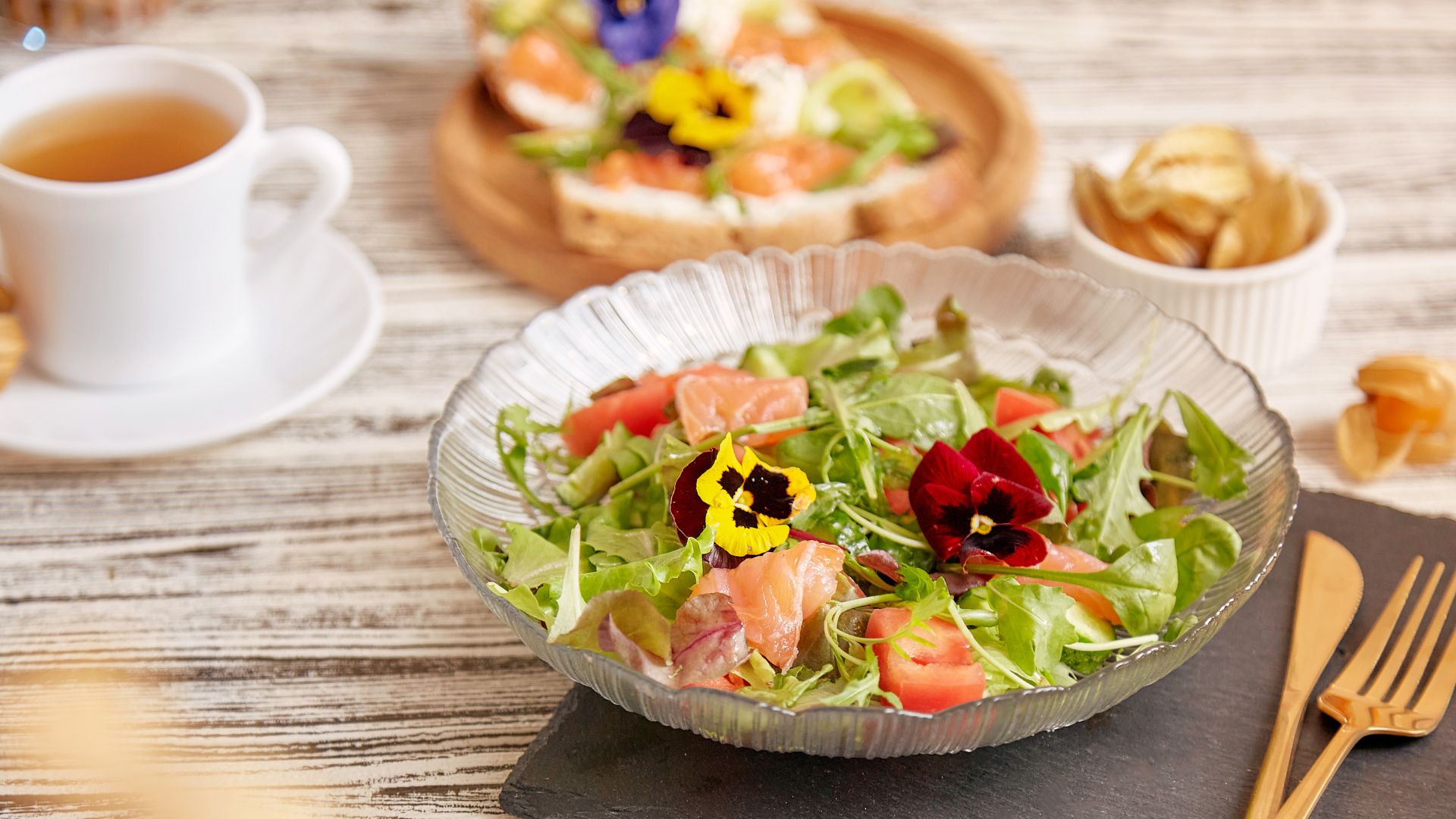
“In a professional kitchen, we’ll use an array of micro herbs and beautiful flowers, but for home cooking, presentation is best kept simple,” explains Ahmed Abdalla, head chef at Legacy at The Grand, York.
“Simple touches like a bed of rosemary and thyme for your Sunday roast chicken or beef can elevate this traditional dish to an eye-catching main event.”
Learn how to cook rice
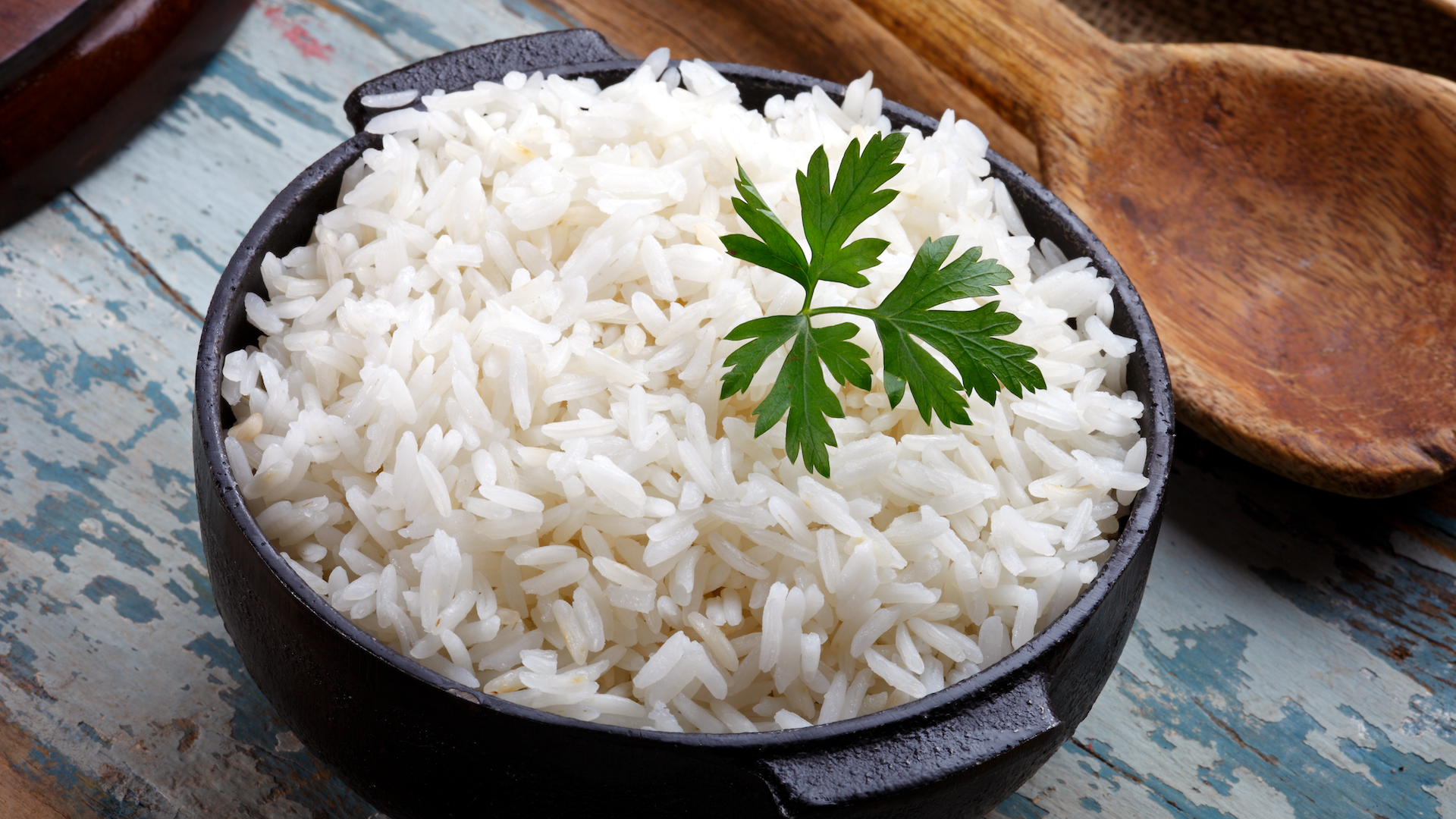
There isn’t necessarily much ‘skill’ involved in cooking rice, but it’s pretty easy to get it wrong if you don’t pay attention - ruining your whole meal in the process.
Truthfully, there are lots of ‘right’ ways to do it, as it all depends on the type of rice.
Research different techniques, practice, and you’ll never have to worry about soggy rice again. For what it’s worth, the BBC’s guide on How to Cook Rice never lets us down.
Nail the basic principles of ‘salt, fat, acid, heat’
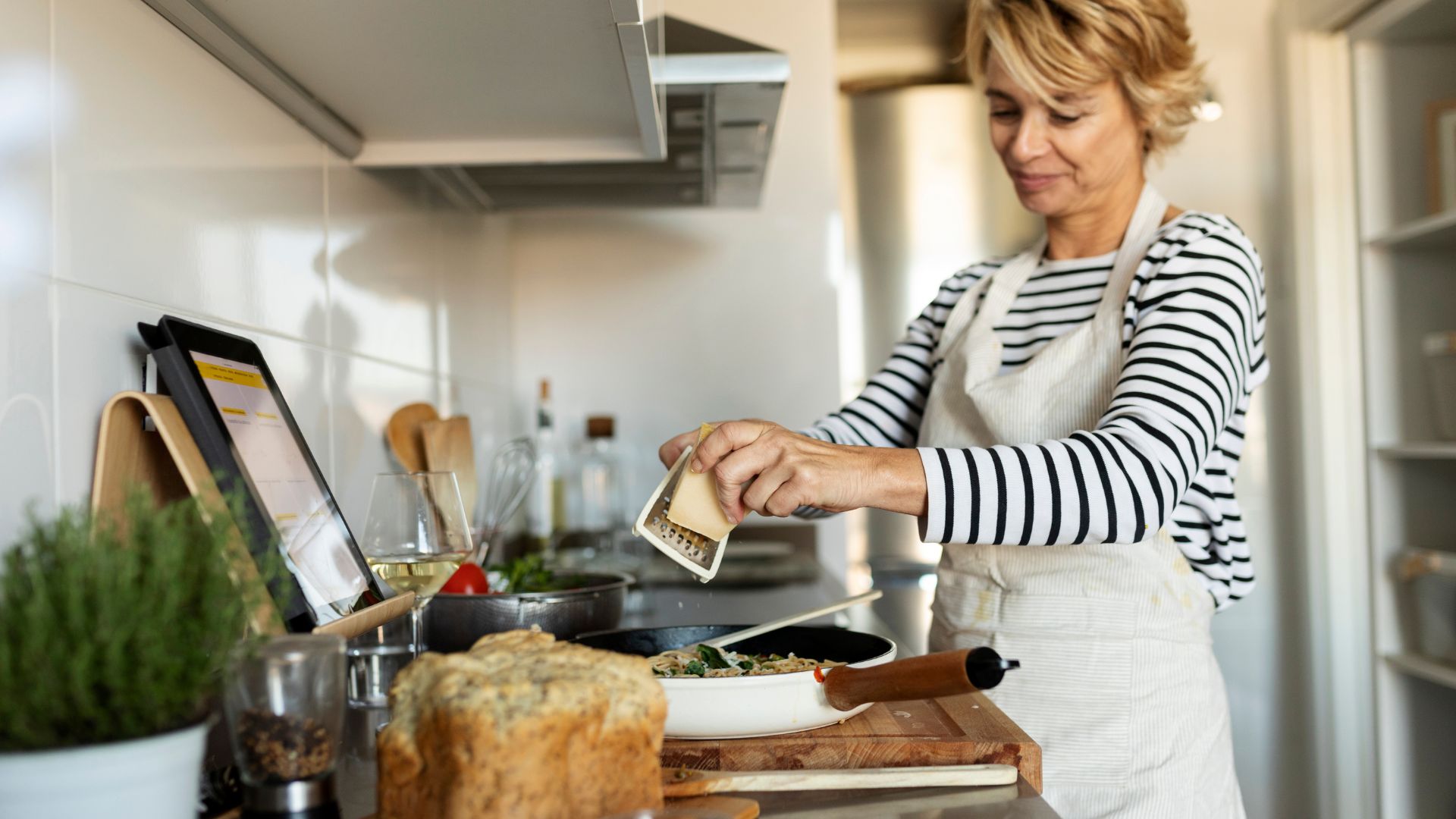
This concept is the brainchild of chef and writer Samin Nosrat, who in her seminal book, Salt, Fat, Acid, Heat, breaks down the foundations of good cooking into four simple elements that can be applied across a wide range of recipes.
The idea is that, essentially, in order to be a good cook, you just need to know how to control and balance four elements - salt, fat, acid, and heat. It's wonderfully simple and so effective.
Temperature control
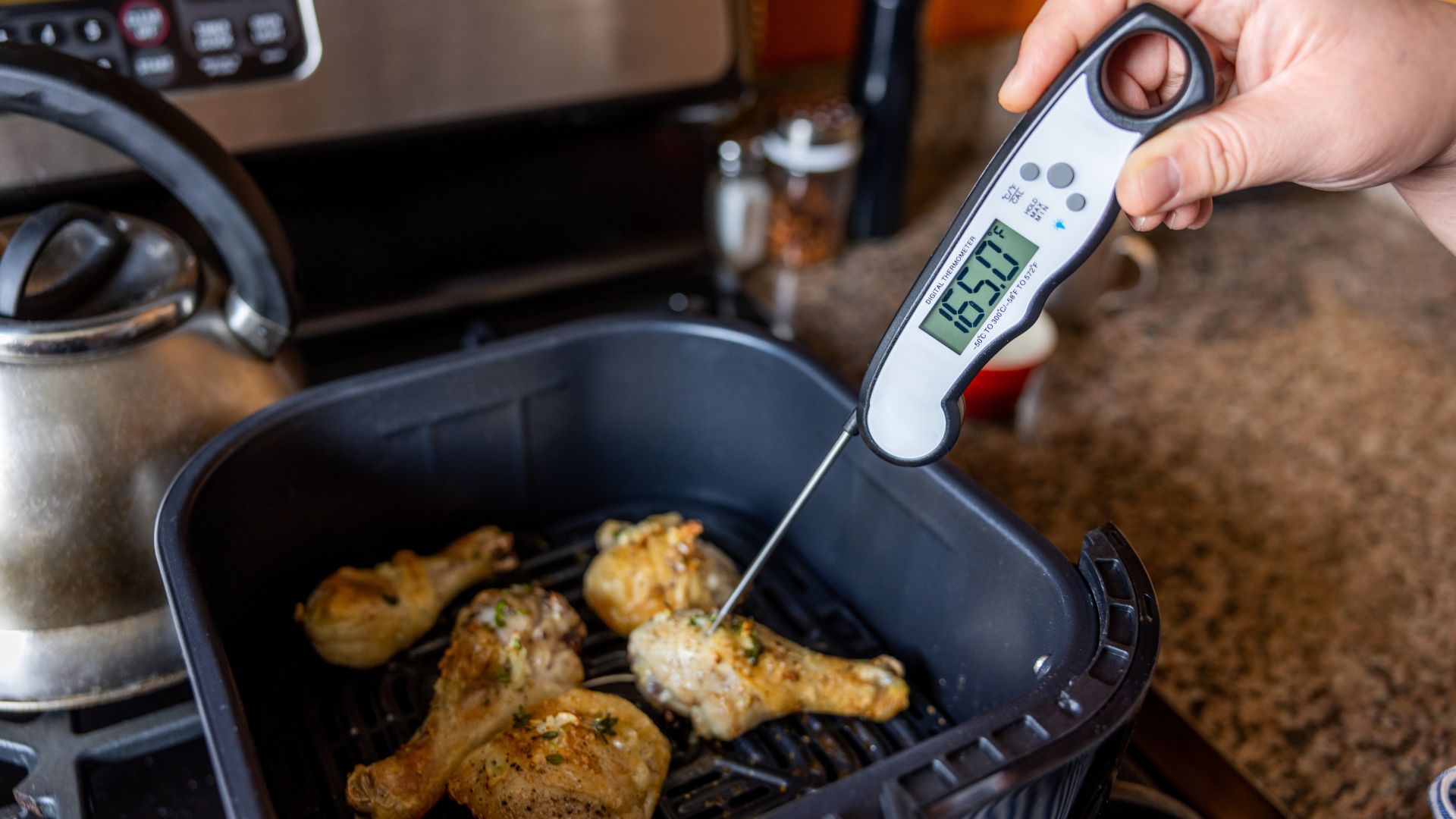
Understanding how different heat sources and methods of cooking affect the flavour and textures of food is an important skill to master. It can be tempting to stick the oven or grill on at full volume to save time, but doing so will really impact the result.
In that vein, it’s also worth investing in a temperature probe, particularly if you bake or cook meat often. This takes the guesswork out of cooking and allows you to accurately read the internal temperature of your food before cutting it open.
Get the hang of roast vegetables
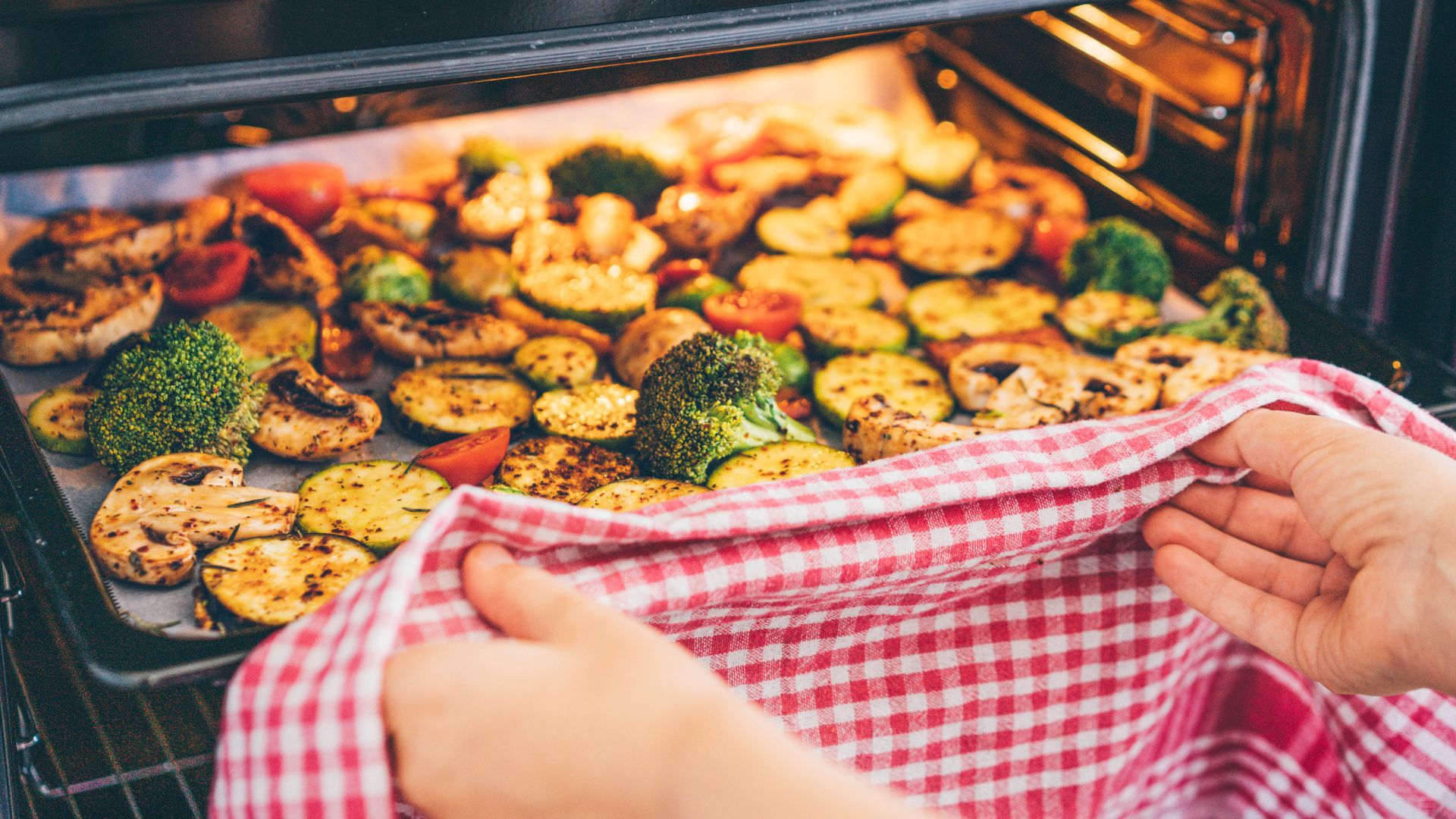
Cooking times will vary, depending on the veggies (for example, potatoes need far longer than courgettes), but as a rule of thumb, the key to great roast vegetables is understanding the right cooking time, using a liberal amount of olive oil and seasoning and ensuring they’re cut to the same size and spread out on a thin, even layer.
Make sure nothing goes to waste
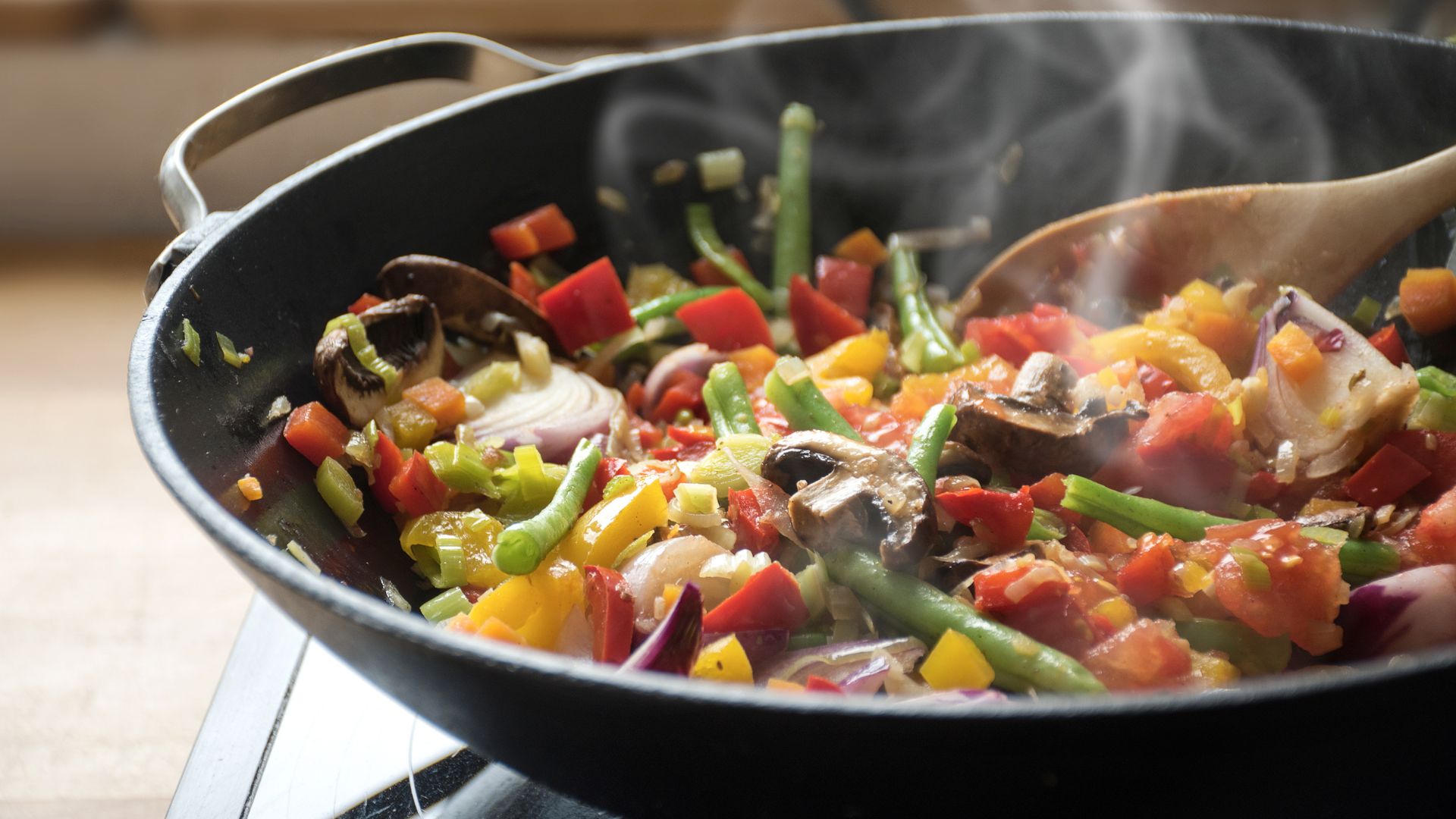
Learning to substitute ingredients and knowing where you can adapt a recipe a little bit is an invaluable skill. Not only can you be creative, but you’ll also better understand how to work with what you have and how to reduce food waste.
“Unlike baking, which is more of a science, cooking is flexible. If a recipe calls for one cup of chopped bell pepper, you can just throw the entire chopped bell pepper in the pan to use it all up,” explains Sophie Trueman, Country Director UK&I for Too Good to Go.
“Don’t be afraid to get creative! It’s hard to ruin a dish and most recipes are easy to fix," says Sophie Trueman, Country Director UK&I for Too Good to Go
Get comfortable with the core techniques
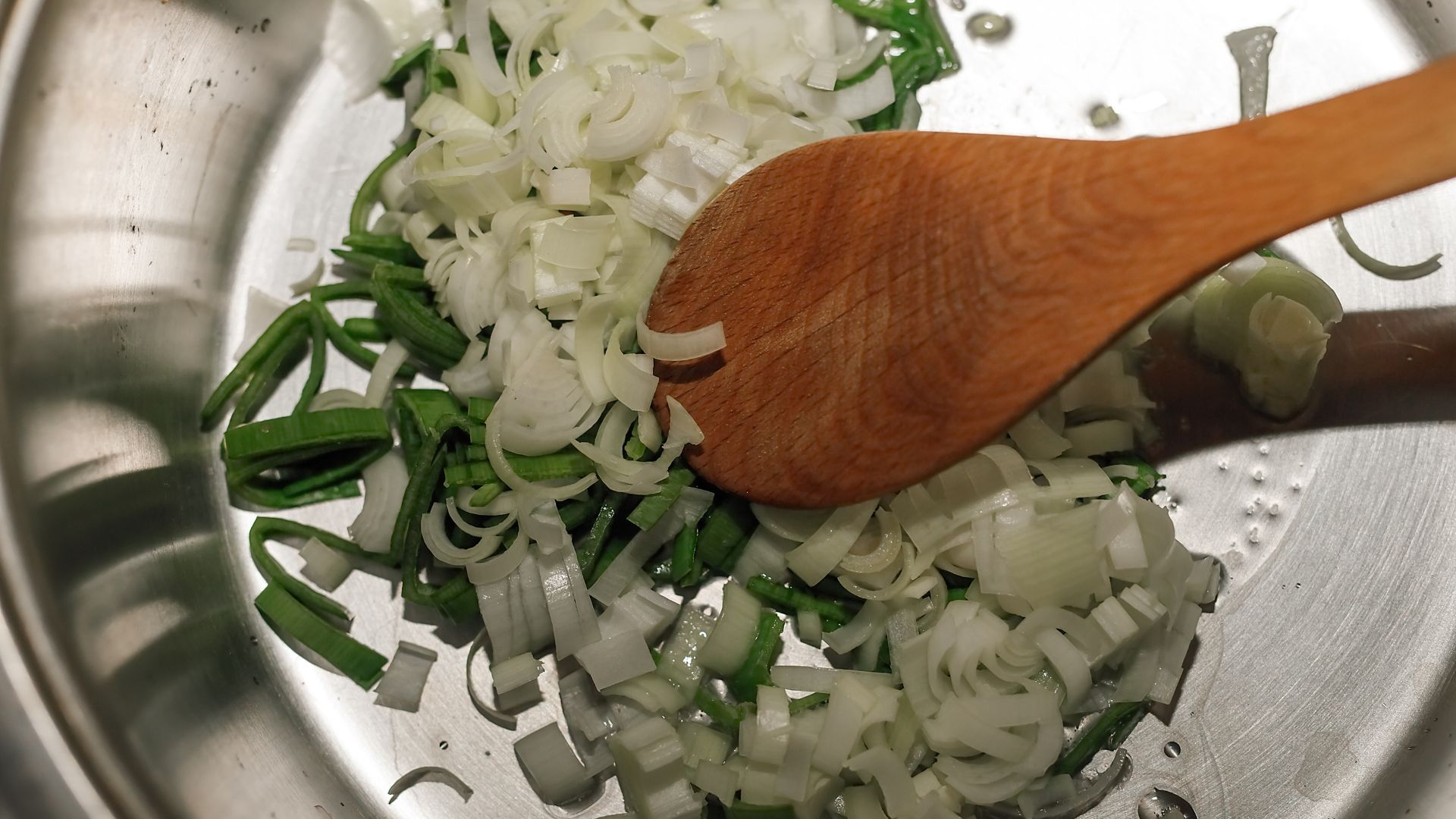
Knowing the core cooking techniques of boiling, simmering, roasting, sauteing, baking, steaming, grilling, frying, broiling, braising and stir-frying.
It sounds like a lot, but they are all techniques you’ll have used before - it’s super important to just understand the correct technique for each purpose.
Basic knife skills
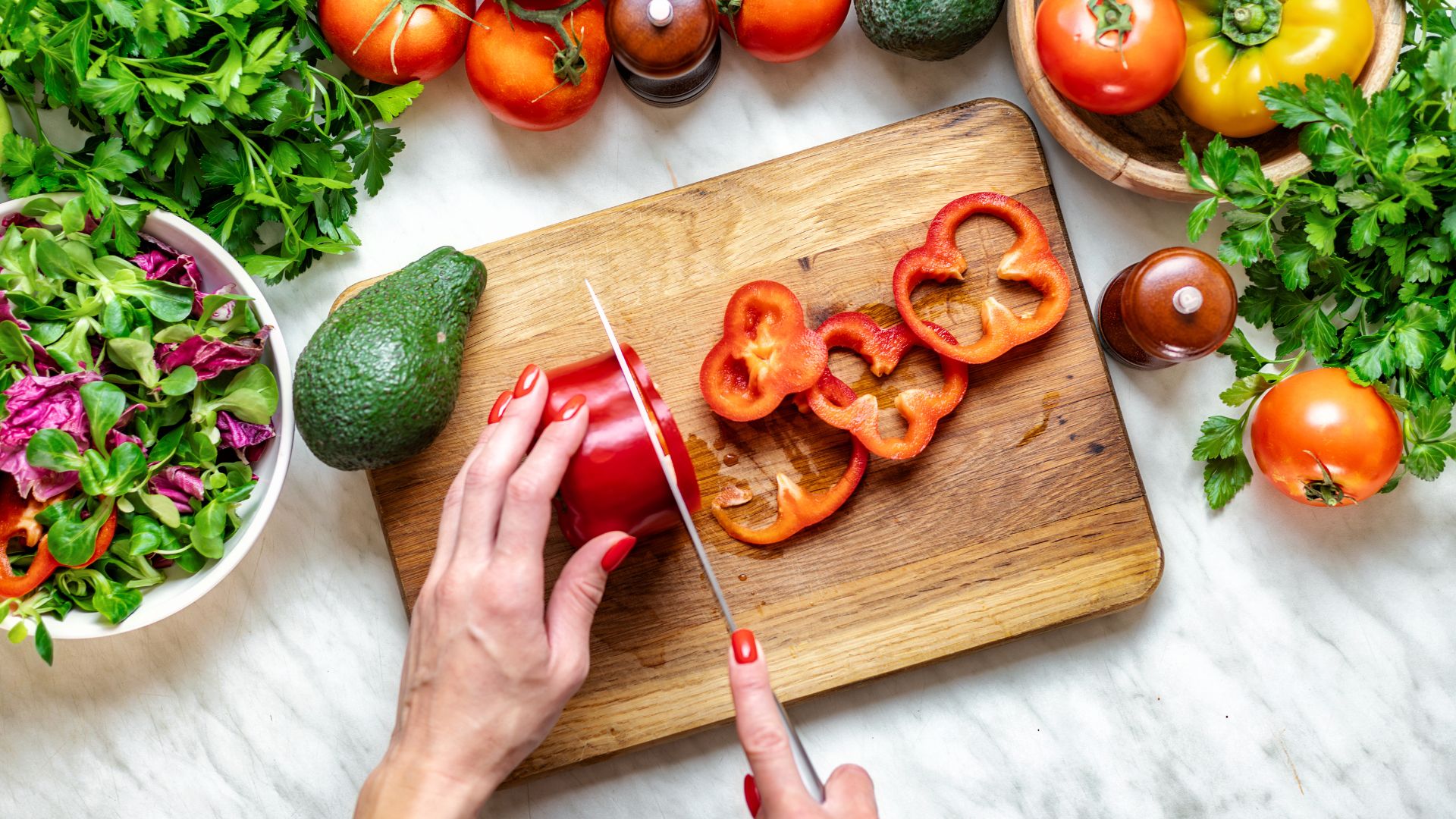
Learning how to slice, chop and dice correctly is a fundamental skill every home chef should know. Knowing how to cut uniformly and efficiently will eventually save time, but it will also help you make the most out of your ingredients.
There are countless tutorials on YouTube to help you with this, but Jamie Oliver's short video on knife skills is a brilliant starting point.
Know how to season your cast iron pan
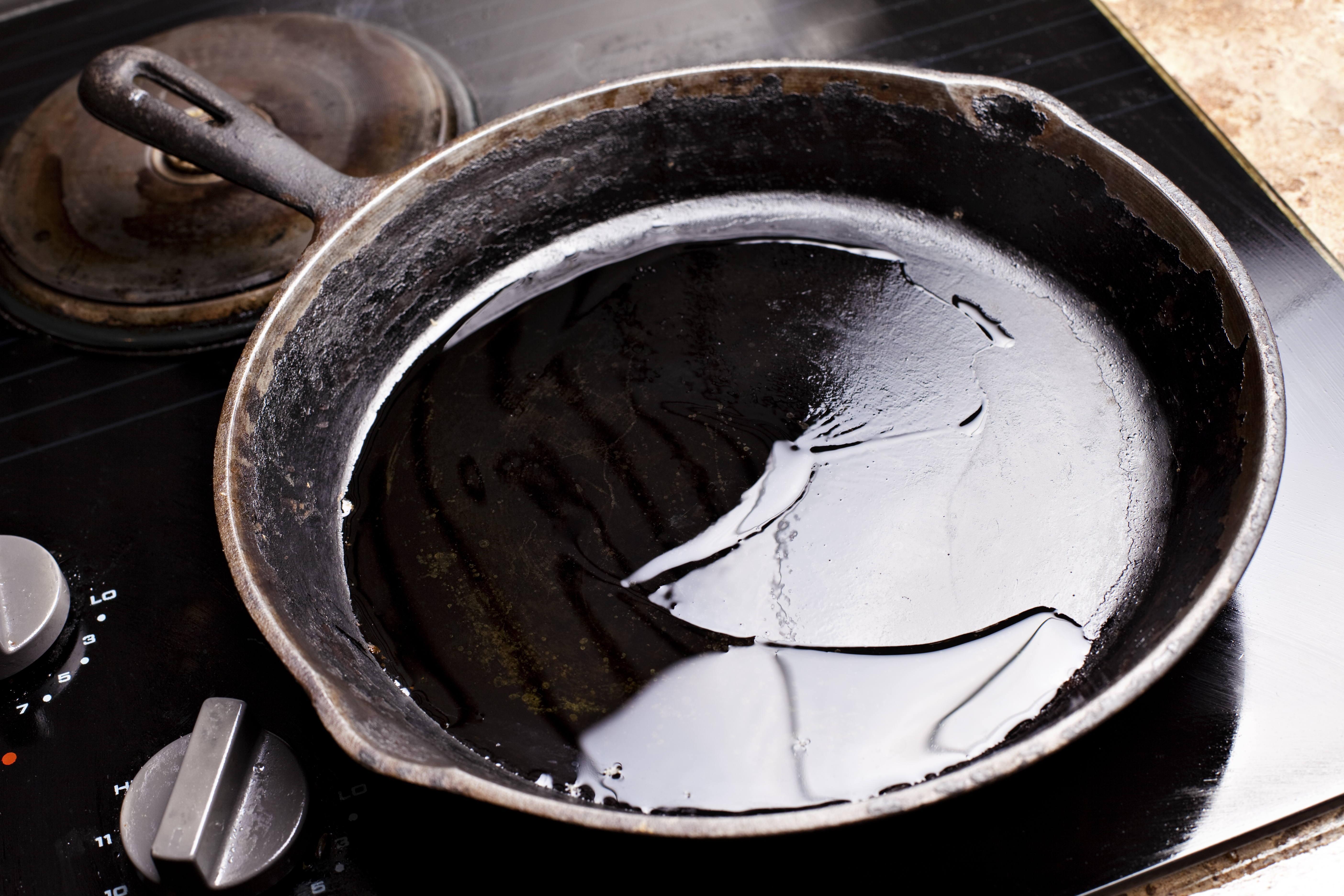
While this isn't a cooking skill, any keen home cook should know how to season a cast-iron pan.
Essentially, by adding a layer of oil and treating your pan, you will create a protective coating, which will act as a barrier, meaning it is less likely to rust, and will essentially function as a non-stick pan.
It doesn't entail actually 'seasoning' your pan, but we can assure you it will help you get the most out of it.
Learn how to bake the perfect sponge
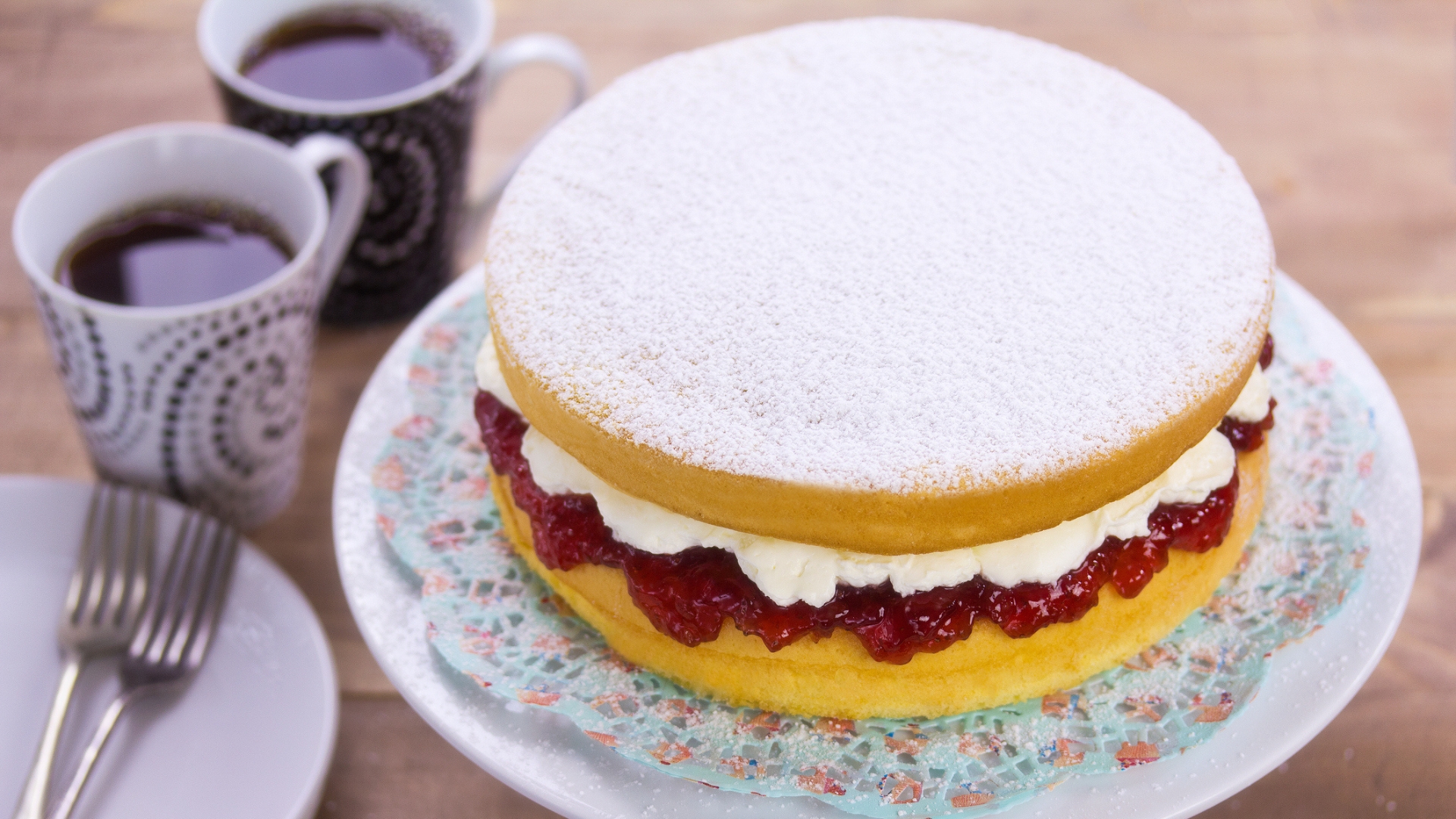
...because every good cook needs a few sweet treats in their repertoire, too. Once you master baking the perfect sponge cake, you can easily build on it to create more complex creations.
Baking is all about precision, so even if you're not a confident baker, it's hard to get a classic sponge cake wrong if you follow the recipe to a T.
Get confident with a grill
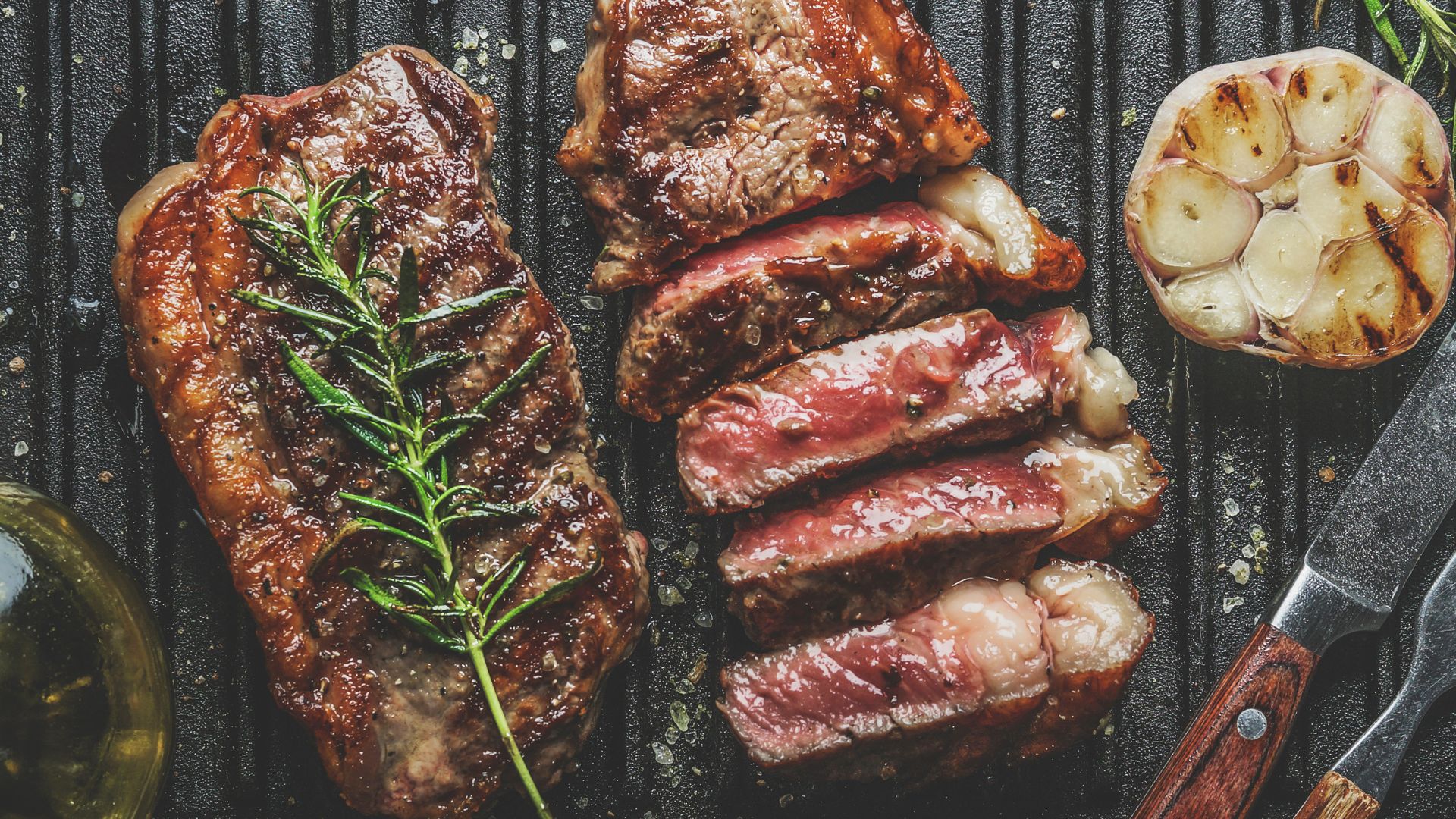
Whether you want to grill some burgers or steaks on the barbecue for friends, or you prefer to cook up some veggie creations, knowing your way around a grill is a great culinary skill to have up your sleeve. Tongs at the ready!

Anna is an editor and journalist with over a decade of experience in digital content production, ranging from working in busy newsrooms and advertising agencies to fashion houses and luxury drinks brands. Now a freelance writer and editor, Anna covers everything lifestyle, from fashion and skincare to mental health and the best cocktails (and where to drink them).
Originally from Glasgow, Anna has lived in Berlin, Barcelona, and London, with stints in Guernsey and Athens. Her love of travel influences her work, whether she’s stocking up on the best skincare at French pharmacies, taking notes on local street style, or learning to cook regional cuisines. A certified cinephile, when she's not travelling the world, you'll find her hiding away from it at her local cinema.
You must confirm your public display name before commenting
Please logout and then login again, you will then be prompted to enter your display name.
